Accelerating Investment and Abandonment to End Female Genital Mutilation (FGM)
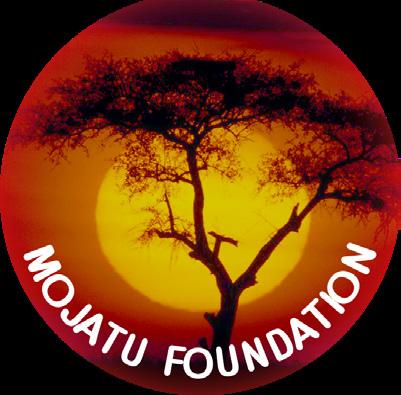

FGM Conference Report
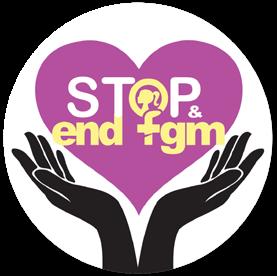


Date: 23rd June 2023

Venue: Marcus Garvey
Ballroom, Howitt Building, NG7 2BY
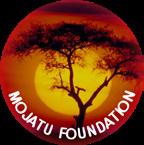
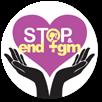
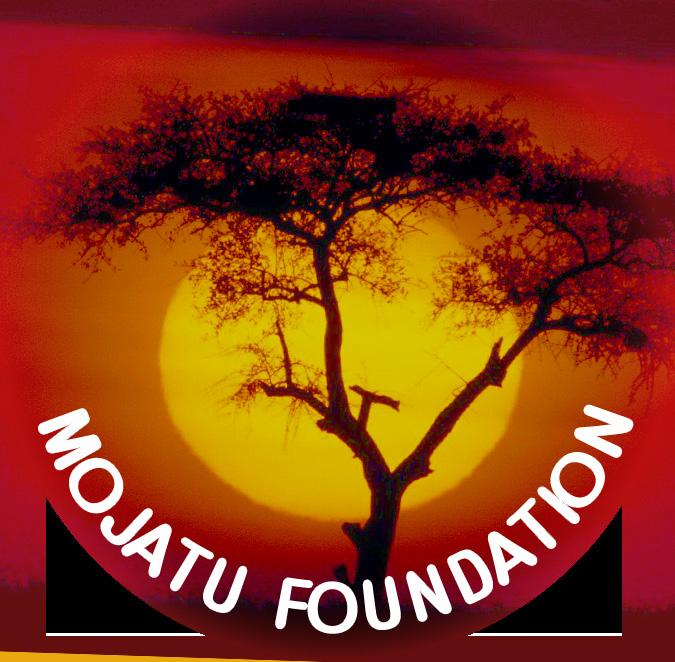
2 TABLE OF CONTENTS | TABLE OF FIGURES Section 1: Acknowledgements 3 Section 2: Introduction 4 Section 3: Official Opening Address 5 Section 4: Presentations 6 I. Awareness Training- Cecily Mwaniki 6 II. FGM Summary Report in Nottingham and England- Joy Cotton 8 III. FGM Reconstruction of Survivors- Juliet Albert (remote presentation made from Indonesia) 12 IV. FGM a Global Problem- Mahnaz M Harrison (remote presentation made from the USA) 12 V. The Role of Men in Ending FGM-Mark Dwira and James Momoh 14 VI. The Impact of FGM: A Ugandan Perspective- Fredrick Mwawule Wadulo 15 VII. Mojatu Community work- Jacinta Ikeh, Julia Paul & Abdoullie Jah 16 Section 5: Table Discussions 18 Section 6: Feedback from Table Discussions 19 Section 7: Panel Q & A 20 Section 8: Conclusion and Way Forward 21 Section 9: References 22 TABLE OF FIGURES Figure 1: FGM Clinic Attendance 8 Figure 2: FGM Clinic Attendance 9 Figure 3: Age in which FGM was Undertaken 9 Figure 4: FGM Type 10 Figure 5: Country of Birth 10 Figure 6: Country where FGM is Undertaken 11 Figure 7: De- infibulation Status 11
The Annual Zero Tolerance to FGM conference, organized by Mojatu Foundation in partnership with the Nottingham Law School in Nottingham Trent University, was made possible through the generous support and sponsorship of Lloyds Bank Foundation, Deloitte Digital, Nottingham Law School in Nottingham Trent University, Nottinghamshire Police and Crime Commissioner, Community Fund, Utulivu Women’s Group, Fearless Youth Association, FMB Radio, and the Mojatu Team.
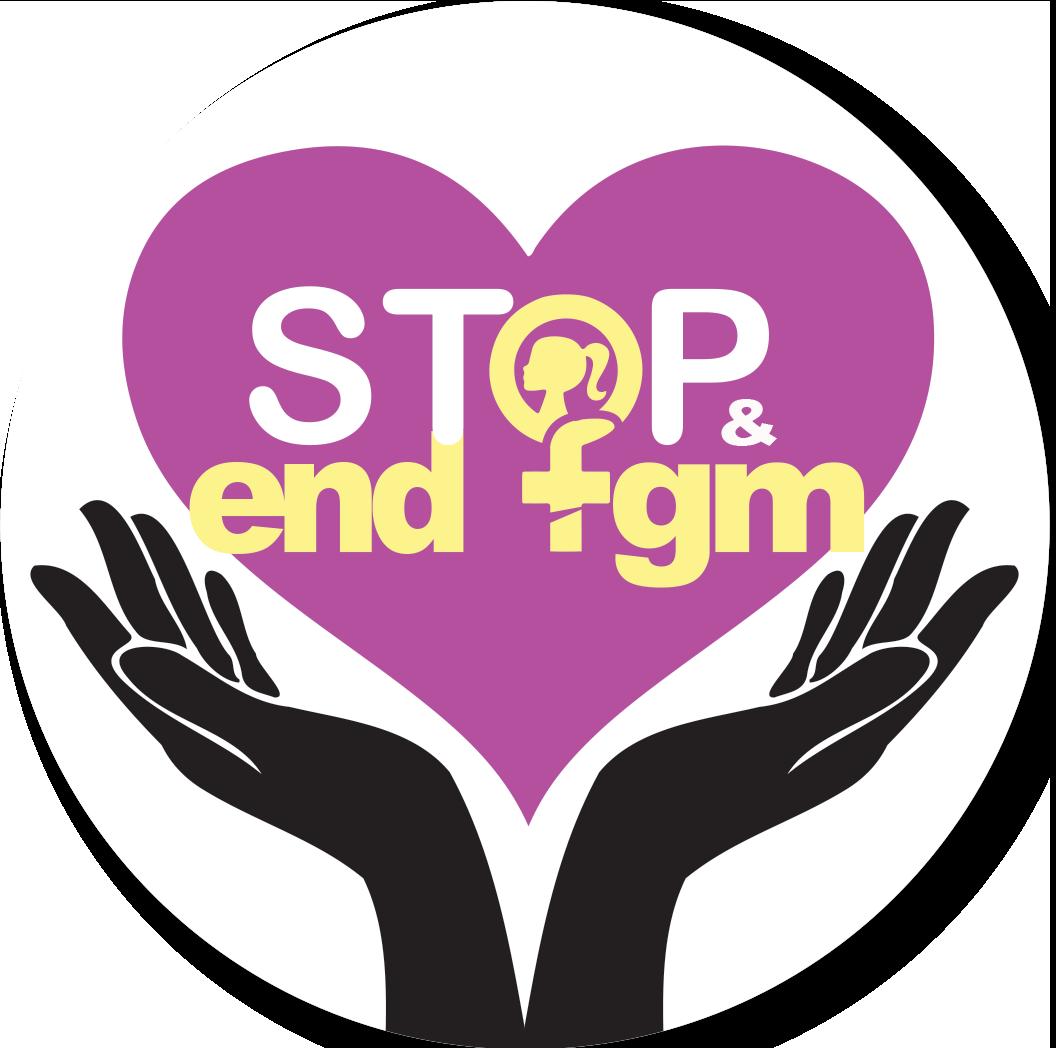

The conference was expertly chaired by the Director of Operations (DOP) at Mojatu Foundation, who provided invaluable leadership throughout the event. The conference also received exceptional staff support from the Mojatu staff members who played instrumental roles in ensuring the success of the event. Furthermore, the conference was hosted by Tatjana Smith, communications representative and Volunteer from Angolan Women Voice Associate UK and Dr. Daniel McDonald Smith, who provided guidance as the masters of ceremony, setting the stage for a meaningful and impactful conference.
In addition, the conference was enriched by the presence and contributions of distinguished speakers from various fields. These included: Joy Cotton, Programme Manager Covid Outbreaks at Nottingham City Council; Cecily Mwaniki, Founder of Utulivu Women’s Group; Juliet Albert, Specialist FGM Midwife at Sunflower Clinic at Imperial College Healthcare NHS Trust; Mahnaz M. Harrison, President and CEO of Last Mile 4D; Mark Dwira, PhD candidate at the University of Nottingham; James Sahr Momoh, Cognitive Behavioral Therapist and Ethnic Diversity Lead at Berkshire NHS Talking Therapies and Deputy Chair of Race Equality Network (REN); and Frederick Mwawule Wadulo, Pharmacist at Budadiri Health Centre IV in Uganda.
Additionally, the conference benefited from the participation of Community Ambassadors, including Jacinta Ikeh, a Masters student at the University of Nottingham; Julia Paul, a career-minded Church Pastor; and Abdoulie Jah, a Community Ambassador and Religious leader. The engagement of over 80 delegates who actively participated in the discussions further enhanced the event.
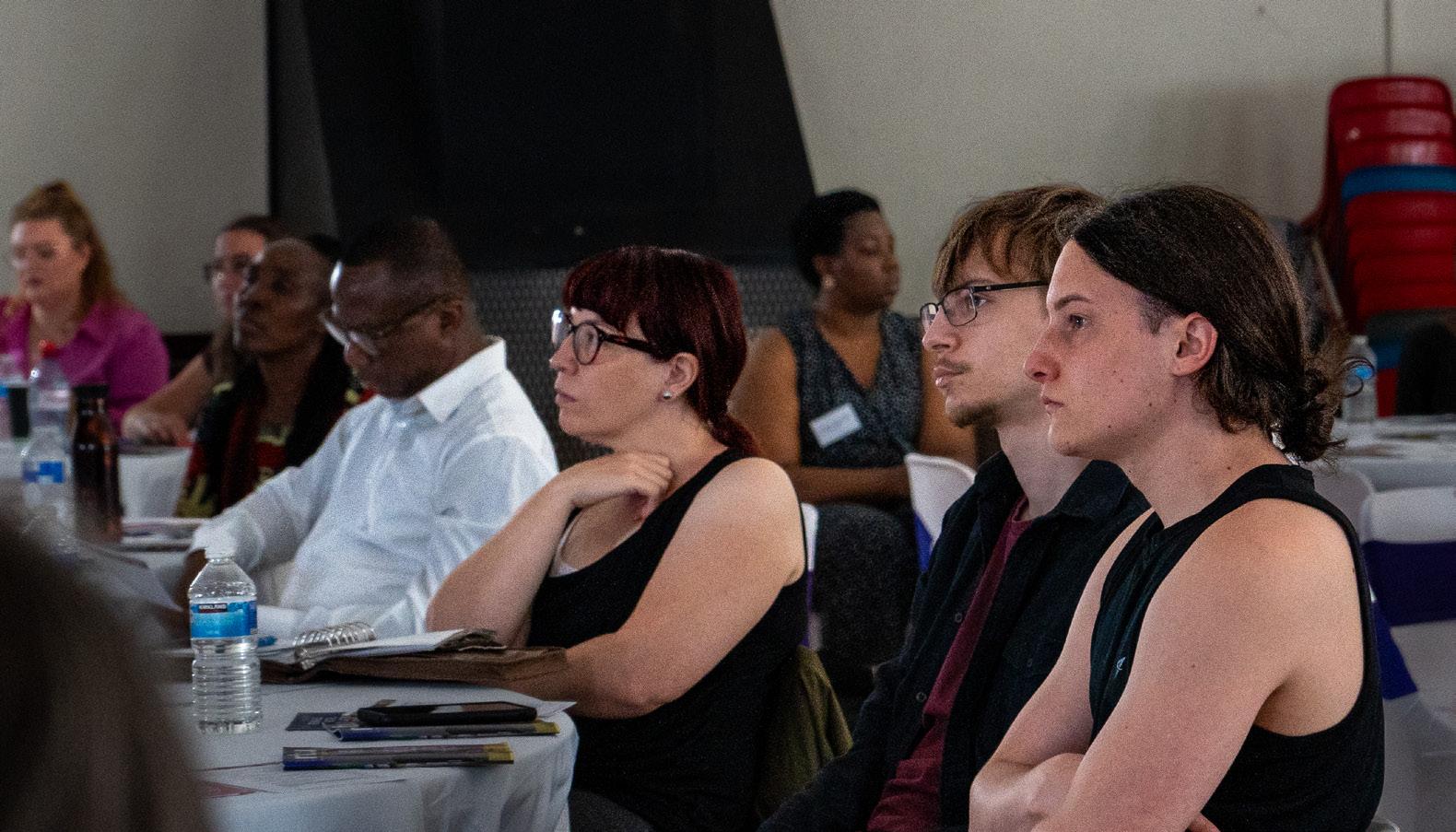
The compilation of this report is attributed to the Mojatu Foundation Team and Caroline Mwangi, PhD Candidate at Nottingham Law School in Nottingham Trent University.

SECTION 1: ACKNOWLEDGEMENTS 3
Female Genital Mutilation (FGM), a form of gender-based violence, remains a grave violation of the rights of girls and women, impeding their health and socioeconomic opportunities.1 Shockingly, the joint statement by UNFPA and UNICEF reveals that approximately 4.3 million girls and women are at risk of FGM, a number projected to rise to 4.6 million by 2030.2 The concerning trend of medicalization, where healthcare providers carry out the procedure, and the persistence of less severe forms of cutting and cutting younger children further hinder progress in eradicating FGM.3
These factors underscore the pressing need to prioritise efforts to end this harmful practice. Hence, the conference on “Accelerating Investment and Abandonment towards Ending FGM” was organized with the aim of raising awareness, fostering collaboration, and discussing actionable steps to eliminate FGM.
This report serves as a comprehensive summary of the key themes and discussions that took place during the conference, which brought together experts, activists, and stakeholders from diverse fields.
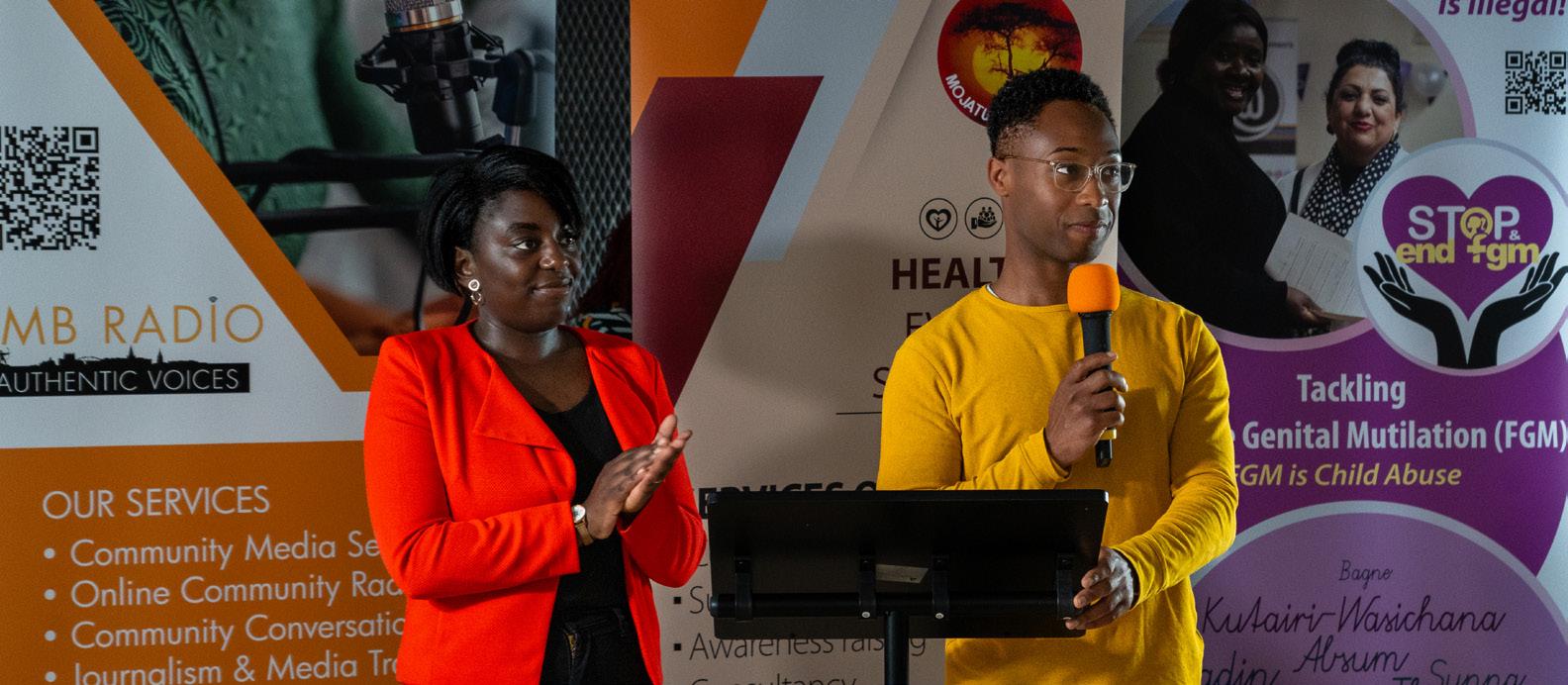
The conference focused on several crucial themes, including: the role of men in ending FGM, the medicalization of the practice, opportunities for training, education, and research, referral pathways and services, police involvement and safeguarding, gender equality, and women’s empowerment. These themes were carefully selected to address the current challenges and explore innovative approaches to accelerate the abandonment of FGM.
The conference commenced with Tatjana Smith and Dr. Daniel McDonald Smith taking the stage as the masters of ceremony. They warmly welcomed the delegates, setting the tone for the event and providing an overview of the conference structure. Recognizing the sensitivity of the subject matter, they issued a trigger warning, ensuring a safe and respectful environment for all delegates.
1. Joint Statement by UNFPA Executive Director Dr. Natalia Kanem and UNICEF Executive Director Catherine Russell on the International Day of Zero Tolerance for Female Genital Mutilation, ‘World Will Miss Target of Ending FGM by 2030 without Urgent Action – Including from Men and Boys’ https://shorturl.at/uyHV5 accessed 1 July 2023.

2. ibid.
3. Samuel Kimani, Hazel Barrett and Jacinta Muteshi-Strachan, ‘Medicalisation of Female Genital Mutilation Is a Dangerous Development’ (2023) 380 BMJ p302 https://shorturl.at/qrzD9 accessed 1 July 2023.; UNICEF, ‘What Is Female Genital Mutilation? Everything You Need to Know about FGM and What UNICEF Is Doing to Stop It’ 2023 https://shorturl.at/hxQS8 accessed 1 July 2023.


4 SECTION 2: INTRODUCTION
SECTION 3: OFFICIAL OPENING ADDRESS
In her opening address, the DOP at Mojatu Foundation, with warmth and enthusiasm, welcomed all delegates, acknowledging their presence and the significance of their participation. She expressed her heartfelt gratitude to the event sponsors, including the Lloyds Bank Foundation, Deloitte Digital, Nottingham Law School in Nottingham Trent University, Nottingham City Council, Utulivu Women’s Group, Fearless Youth Association, FMB Radio, and the Mojatu Team, for their invaluable support in making the event possible.

In her opening remarks, she emphasized the importance of this year’s event, as it marked the 6th anniversary of Mojatu Foundation’s commitment to being the first city with zero tolerance for FGM. the DOP proudly shared the foundation’s journey in raising awareness, sensitizing communities, empowering survivors, and safeguarding girls and women at risk of FGM. She also highlighted the significant strides made by the foundation and its partners in creating a safe and supportive environment for those affected by this harmful practice.
Underlining the urgent need for cooperation and collaboration, the DOP stressed that ending FGM within our generation requires unified efforts from all stakeholders. She reminded the audience of the collective responsibility they bear in working together to improve cooperation and commitment towards eradicating FGM. Her words resonated with the audience, inspiring a sense of purpose, and reinforcing the importance of their presence at the conference. As thr DOPconcluded her opening address, her passion for the cause and unwavering determination to end FGM were palpable. She left the delegates with a powerful call to action, reminding them that the event was a reminder of the vital role that everyone must play in accelerating investment and abandonment of FGM.
“Today’s event serves as a powerful reminder of the important role we all have in working together and improving our cooperation and commitment towards ending FGM within our generation. Let us unite our efforts, share our knowledge, and take concrete actions to create a future where no girl or woman will ever have to suffer from this harmful practice again.”
The DOP’s inspiring words set the stage for an impactful and transformative dialogue towards ending FGM.
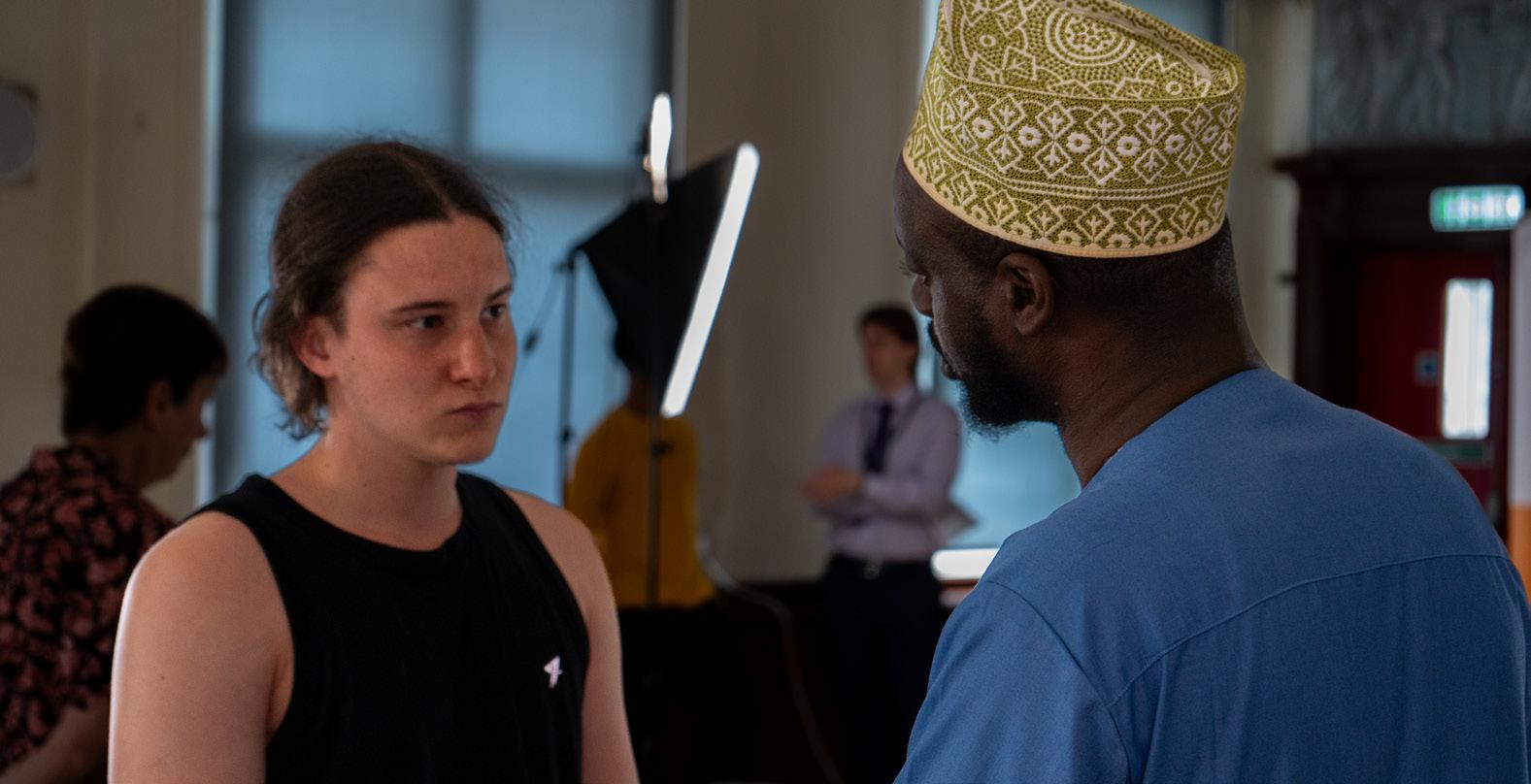


5
I. AWARENESS TRAINING- CECILY MWANIKI

Cecily Mwaniki conducted a comprehensive FGM awareness training session, covering the various types of FGM, its consequences, and its prevalence. She commenced by providing a definition of FGM as a non-medical procedure involving the deliberate cutting, injury, or alteration of female genitalia. Cecily further mentioned the classification of FGM by the World Health Organisation (WHO), which includes clitoridectomy (Type 1), excision (Type 2), infibulation (Type 3), and other harmful procedures.4 Additionally, she highlighted the cultural diversity in terminology associated with FGM, mentioning alternative names such as circumcision or cutting, Sunna, Gudniin, Halalays, Megrez, Tahur, and Khitan. This underscored the significance of understanding the cultural context surrounding this harmful practice.
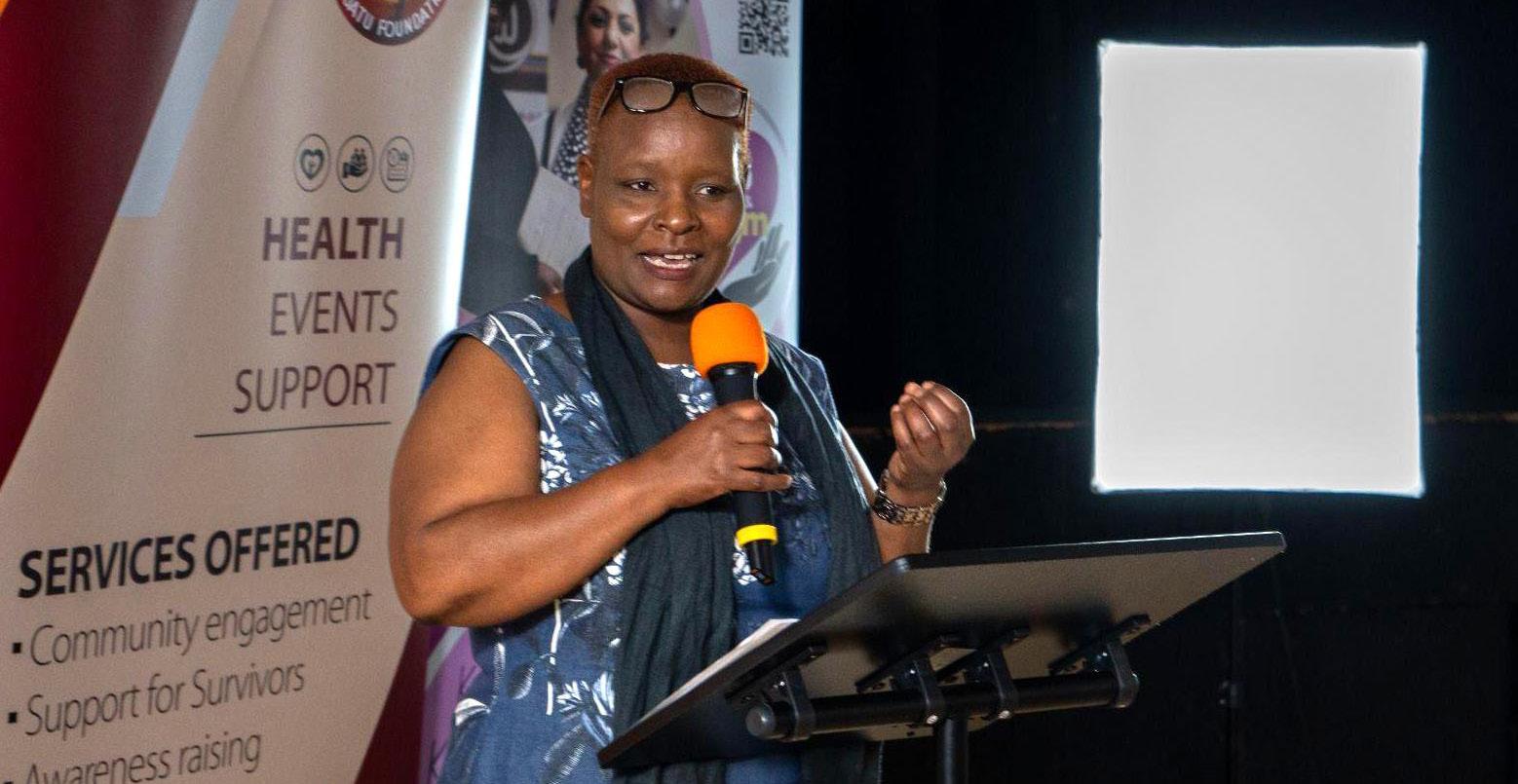
While addressing the magnitude of the problem, Cecily highlighted that at least 200 million girls and women have been subjected to FGM and emphasized that FGM is not limited to specific regions like Africa, the Middle East, and Asia, as reported by the WHO, but has become a global issue due to migration. She pointed out that FGM exists in countries such as the UK, debunking the misconception that it is solely an African problem. She stressed the need for global solutions to effectively tackle this issue. To further underscore the global nature of the problem, Cecily shared a powerful video featuring an American survivor who had personally experienced the devastating consequences of FGM.5
Further in her discussion, she highlighted the physical consequences of FGM. These consequences can vary depending on the hygienic conditions and skills involved in the procedure. She emphasised that even under optimal conditions, there are risks, but under deplorable conditions, the operations become distinctly hazardous to patients’ health. The physical consequences mentioned include:
4. According to the WHO, Type 1 involves the partial or total removal of the clitoral glans and/or the prepuce/clitoral hood. Type 2 includes the partial or total removal of the clitoral glans and the labia minora, with or without removal of the labia majora. Type 3 known as infibulation, is the narrowing of the vaginal opening through cutting, repositioning, and sometimes stitching of the labia. Type 4 encompasses other harmful procedures performed on the female genitalia for non-medical reasons. World Health Organisation, ‘Female Genital Mutilation’, 31st January 2023, https://shorturl.at/dnyJU [Accessed 1st July 2023]
5. Sahiyo, ‘Finding My Voice by Renee Bergstrom | Voices to End Female Genital Mutilation/Cutting’(9 August 2018) https://youtu. be/UlO-_WRWZoU [Accessed 3/7/2023]


6
SECTION 4: PRESENTATIONS
bleeding, shock, infection, septicemia, urine retention, incontinence, vulvar abscesses, and keloid formation. Keloid formation can lead to wound infection during first intercourse, childbirth, or surgery.
Moving on, she also addressed the impact of FGM on psychological and social health. While noting that there is not much research in this area, she mentioned potential effects such as anxieties, depression, neuroses, and psychosis. Additionally, she highlighted that FGM may contribute to an increased risk of suicide. Furthermore, she discussed negative social consequences that can result from FGM, including isolation and divorce.
In addition, Cecily outlined actionable steps to eradicate FGM within a generation, with a specific focus on the role of initiating change with our daughters. She traced the evolution of the conversation surrounding FGM, highlighting its first discussion as a harmful practice at the 1979 conference in Khartoum, Sudan,6 the support and resistance to the term “mutilation” in the 1980s, where on the one hand, proponents advocated for its usage to demonstrate the severity of the practice and on the other hand, governments resisted its usage because it misrepresented the intentions of the families involved. Additionally, she brought up the historical context of the term “Female Genital Mutilation” where she indicated that this term, was officially adopted at the 3rd Inter-African Committee Regional Conference on Traditional Practices Affecting the Health of Women and Children, which took place in Addis Ababa, Ethiopia, in 1990,and that following this conference, the World Health Organization (WHO) recommended the usage of the term to the United Nations, leading to its widespread usage in UN documents.7
To effectively address FGM, she proposed utilizing a social change communication approach, to engage FGM-practicing communities, identify and challenge the attitudes that perpetuate FGM, hence providing viable alternatives and prompting individuals to question their acceptance of the practice. She further emphasised the importance of using culturally sensitive language when engaging with communities. She highlighted that respectful and inclusive terminology is crucial to foster effective dialogue and understanding.
Insights: Cecily’s presentation provided a crucial insight that goes beyond viewing FGM as solely an African problem. By highlighting the global nature of the issue, she emphasised the significance of international collaboration and the need for solutions that transcend geographical boundaries. Her proposal for a social communication strategy, with an emphasis on the use of culturally sensitive language, is crucial for successful community engagement. Drawing on the evolution of the conversation about FGM, Cecily underscored the importance of recognizing the cultural complexities and sensitivities surrounding the practice and the significance of using culturally sensitive approaches to bridge gaps and facilitate meaningful conversations that ultimately lead to sustainable change.
6. World Health Organization, ‘Seminar on traditional practices affecting the health of women and children, Khartoum, 10-15 February 1979’ (1979) https://shorturl.at/myzEQ. [Accessed 1/7/2023] p 26-27.
7. World Health Organization, ‘Eliminating female genital mutilation: an interagency statement - OHCHR, UNAIDS, UNDP, UNECA, UNESCO, UNFPA, UNHCR, UNICEF, UNIFEM, WHO.’(2008) https://shorturl.at/cfGJT [Accessed 1/7/2023], P22



7 SECTION 4: PRESENTATIONS
SECTION 4: PRESENTATIONS
II. FGM SUMMARY REPORT IN NOTTINGHAM AND ENGLAND- JOY COTTON



Joy Cotton delivered the Nottingham City Council’s analysis of the prevalence of FGM in Nottingham and England, presenting key data on FGM cases in the region for the period between April 2021 to March 2022, documented by the National Health Service (NHS).8 Her analysis revealed significant findings, shedding light on the extent of the issue in the area as follows:
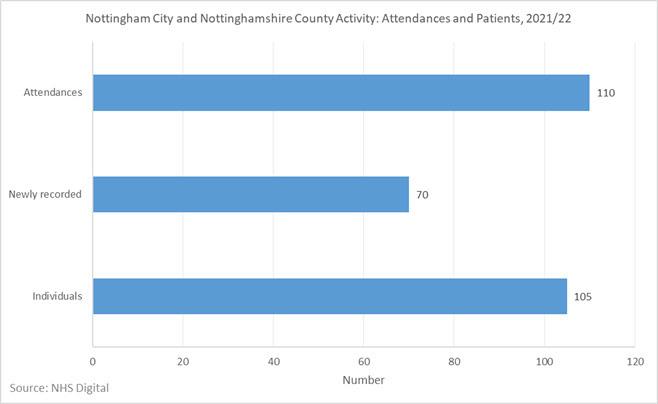
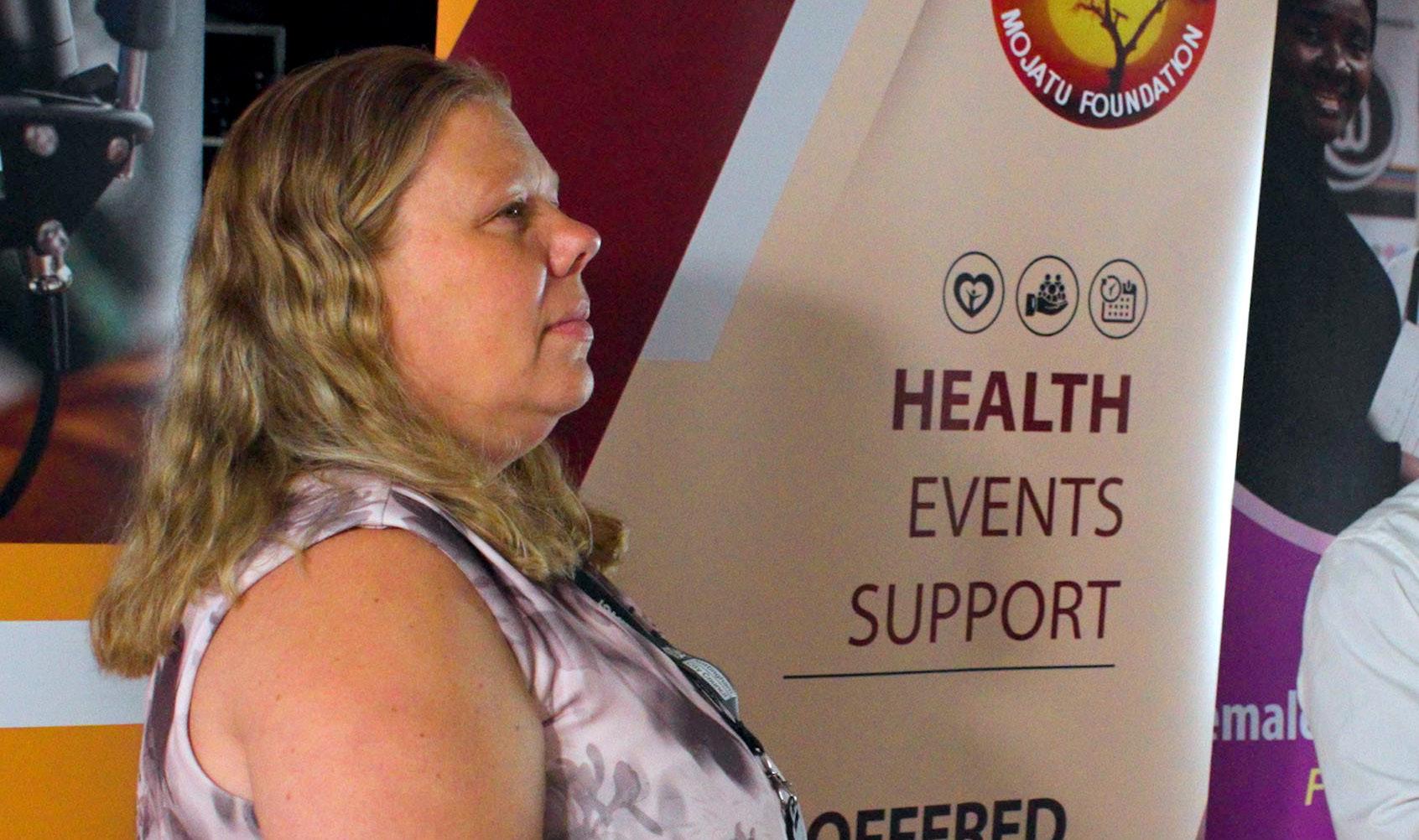
8
8. NHS Digital, ‘ Female Genital Mutilation Report April 2021 to March 2022’(NHS Digital,August 2022)
Figure 1: FGM Clinic Attendance
Based on the data presented in Figure 1 and 2, there were 105 women and girls who attended NHS Organisations and GP practices, resulting in a total of 110 attendances. In Nottingham City and Nottinghamshire County, 70 new cases of FGM were recorded. In comparison, the collective data for England showed that 5620 women and girls attended where FGM was identified, with 2955 new cases recorded. It is important to note that the term “recorded” signifies that these cases appeared for the first time in the FGM dataset, without specifying when their FGM was recorded.
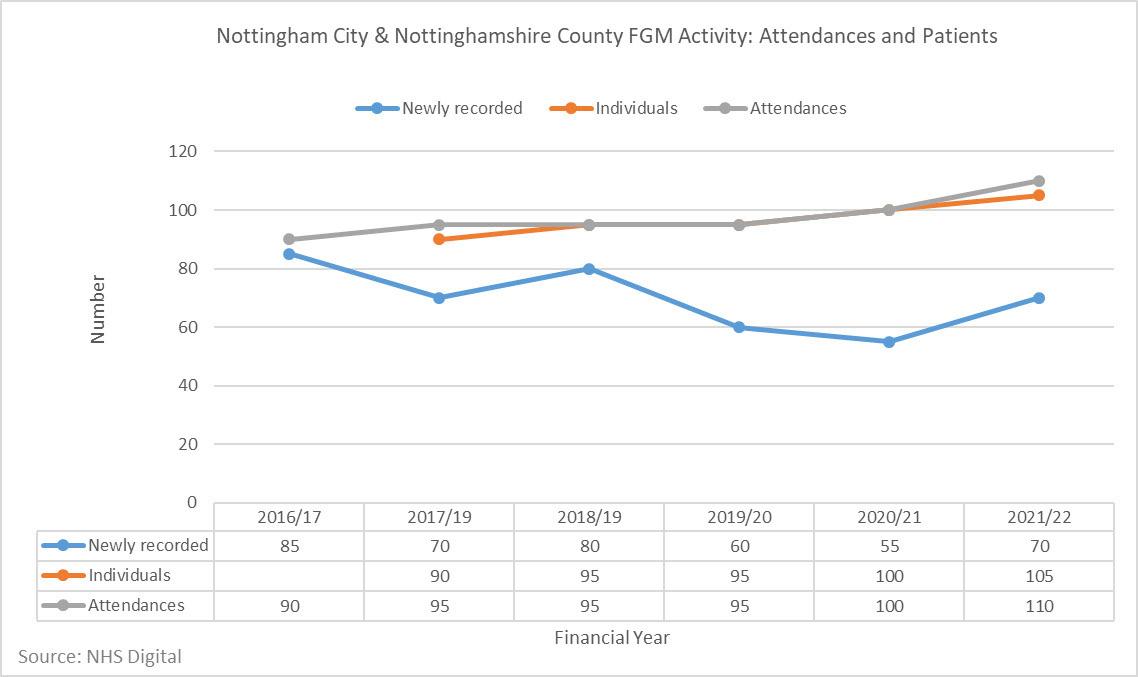

According to the analysis presented in Figure 3, it was found that in Nottingham City and Nottinghamshire County, a significant proportion of FGM cases (88.5%) had known age information, surpassing the national average of 45.8%. Additionally, all cases with known age in this region involved individuals under the age of 18 when FGM was undertaken. Among these cases, 60.9% were under the age of 5 at the time of the procedure, with 34.8% being under the age of 1 and 26.1% falling between the ages of 1 and 4. Nationally, 93.1% of women and girls had undergone FGM before the age of 18, with 43.9% having the procedure done before the age of 5.
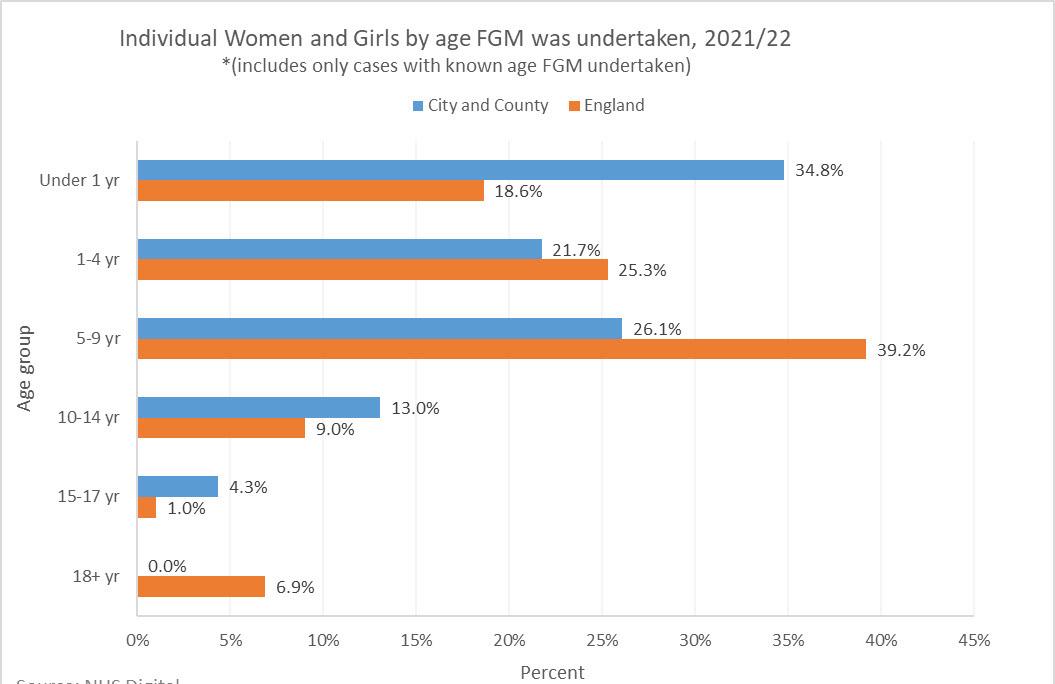


9 SECTION 4: PRESENTATIONS
Figure 2: FGM Clinic Attendance
Figure 3: Age in which FGM was Undertaken
4: FGM Type



The data analysis further revealed that Type 1 FGM accounted for 40% of cases in both the city and county, which aligns with the national average of 40.6% as depicted in Figure 4. The high level of data accuracy in this study provides valuable insights into the age distribution and characteristics of FGM cases specific to the region.
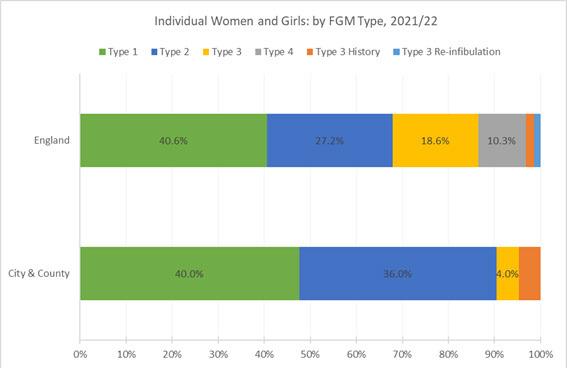
Figure 5: Country of Birth
In terms of geographical origin, Figure 5 above, shows that a majority of women, and girls (83.3%) were born in African countries, with 33.3% born in East African countries, 29.2% in North African countries, and 20.8% in West African countries.
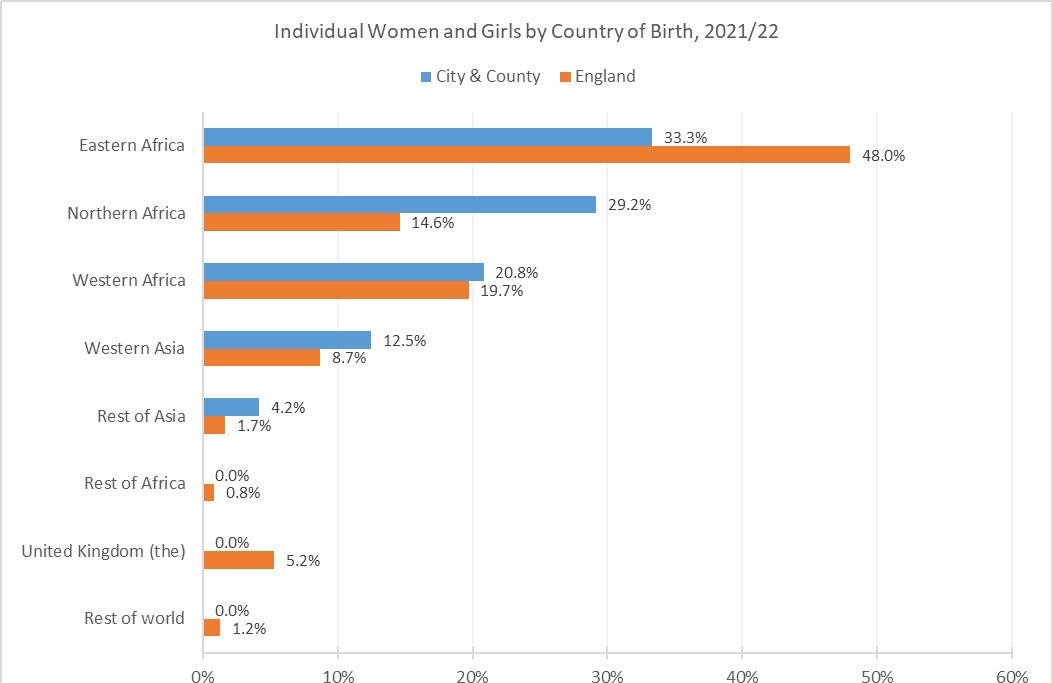
10 SECTION 4: PRESENTATIONS
Figure
In addition, the data revealed that around 76% of recorded FGM cases in the city and county were performed in African countries. Among these cases, Eastern Africa accounted for 32%, Northern Africa for 28%, and Western Africa for 16%, as illustrated in Figure 6.
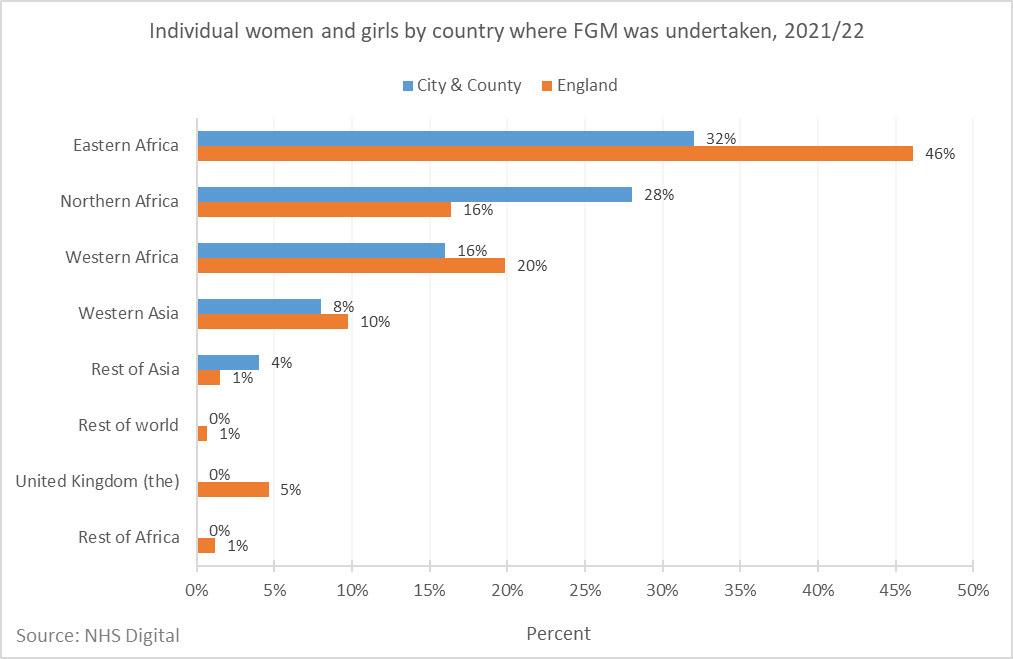

According to Figure 7, it is evident that in Nottingham City and Nottinghamshire County, all FGM attendances had a known de-infibulation status recorded, compared to the average in England average at 62%. However, it is important to note that no de-infibulation procedures were conducted in the City and County between 2021 and 2022.
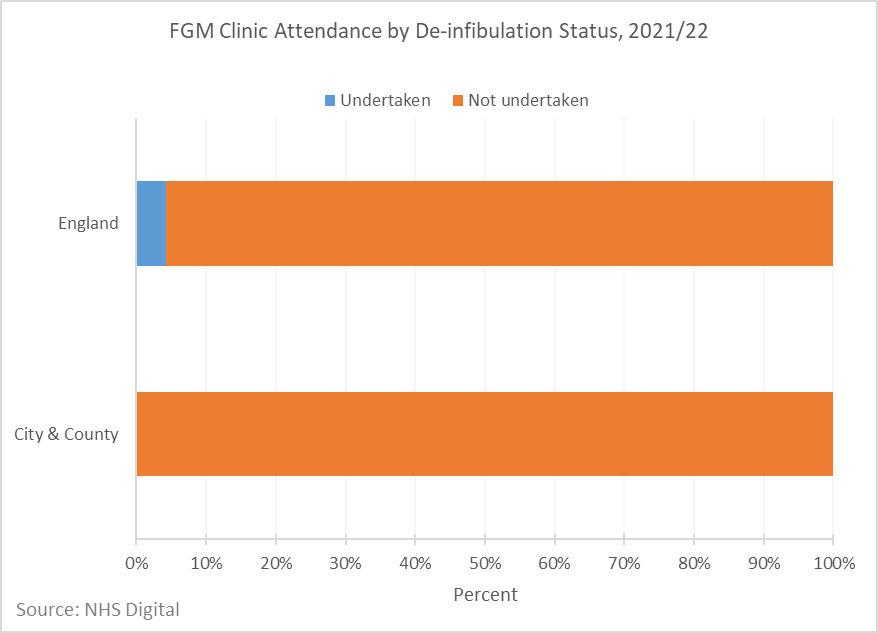

Insights: Joy’s presentation provided valuable insights into the prevalence and characteristics of FGM cases locally and nationally. By focusing on the specific context of Nottingham and England, she provided valuable information for local stakeholders and policymakers, highlighting the need for tailored interventions and support systems to effectively address the issue in the region.

11 SECTION 4: PRESENTATIONS
Figure 6: Country where FGM is Undertaken
Figure 7: De- infibulation Status
III. FGM RECONSTRUCTION OF SURVIVORS- JULI ET ALBERT (REMOTE PRESENTATION MADE FROM INDONESIA)
In her presentation, Juliet explained the concept of reconstruction surgeries for FGM survivors, focusing on restoring their physical and psychological well-being. She discussed the rationale behind reconstruction surgeries, highlighting issues such as substantial psychological effects on body image, sexual pleasure and genital pain that survivors may face.
One key point of Juliet’s presentation was the need for a national centre of excellence that would provide comprehensive care for FGM survivors in the UK. This centre would offer surgical reconstruction, psychosexual assessment, and non-invasive therapies to address the various needs of survivors. She noted that such a centre was already operational in Africa, Australia, USA, and some parts of Europe. By advocating for this specialised care, Juliet emphasised the importance of providing holistic support to survivors and ensuring their overall well-being.
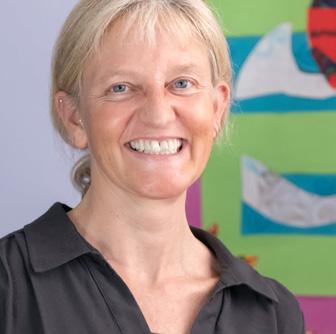
Furthermore, Juliet briefed the delegates on the World Health Organization’s agenda in promoting research initiatives related to reconstruction surgery. This highlights the global recognition of the significance of reconstruction surgeries in addressing the consequences of FGM and the need for further research to improve the effectiveness and accessibility of these procedures.
Insights: Overall, Juliet’s presentation shed light on the importance of addressing the physical and psychological consequences of FGM through reconstruction surgeries. Her advocacy for a national centre of excellence in the UK and the promotion of research initiatives underscored the need for specialised care and support for survivors, emphasising their overall well-being and recovery.
IV. FGM A GLOBAL PROBLEM- MAHNAZ M HARRISON (REMOTE PRESENTATION MADE FROM THE USA)


Mahnaz’s presentation on the global nature of Female Genital Mutilation (FGM) was both insightful and comprehensive. She built upon Cecily’s assertions about the widespread nature of FGM and delved deeper into the factors that contribute to its prevalence. One crucial aspect that Mahnaz highlighted was the lack of political will in addressing and eradicating FGM. She discussed how this lack of commitment perpetuates the practice and emphasized the need for stronger political action to effectively combat FGM.
Additionally, Mahnaz shed light on the economic exploitation that is often associated with FGM. She shared a striking example from her personal experience in Kenya, where she encountered a cutter who admitted to performing FGM on two hundred girls girls each day for financial gain. This example served as a stark reminder of the financial motivations that drive the perpetuation of this harmful practice. It highlighted the urgent need to address the economic factors that contribute to the continuation of FGM.
Mahnaz also explored the intersection of FGM with cultural and religious beliefs. While acknowledging the significance of cultural and religious traditions, she emphasised that these practices cannot supersede the fundamental rights and freedoms of individuals. By doing so, she highlighted the ethical principle of “do no harm” and underscored the violation of girls’ and women’s rights to life, physical integrity, and health caused by FGM. This discussion challenged the notion that cultural or religious justifications can justify the infliction of harm on individuals.

Furthermore, her presentation delved into the role of culture in perpetuating patriarchal dominance
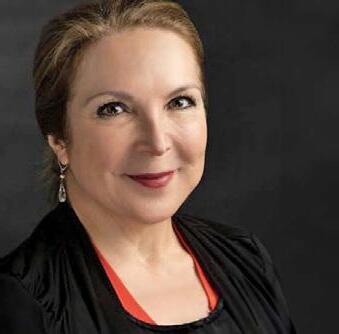
12 SECTION 4: PRESENTATIONS
over women’s bodies. Mahnaz discussed how culture is often used as a means to protect social hierarchies and maintain control over women’s lives. By highlighting this dynamic, she emphasised the need to challenge and dismantle these gendered power structures embedded in cultural norms. This recognition of the underlying gender dynamics is crucial for addressing the root causes of FGM and promoting gender equality.
Mahnaz’s presentation also addressed medicalisation of FGM. She emphasized the key points discussed at the WHO’s 1979 conference in Khartoum, where it was unequivocally stated that all forms of FGM, even the lesser ones, should never be performed within medical facilities to minimize physical complications.9 She stated that the WHO’s definition of FGM aims to dispel the misconception of medicalization and underscores its violation of medical code of ethics, the principle of “do no harm” and human rights. She also drew the delegates’ attention to alarming WHO statistics, revealing that 18% of girls and women who have undergone FGM in countries with available data had the procedure carried out by health-care providers.10 While concluding on this issue, she stated that addressing the issue of medicalization presents several challenges. One such challenge is the absence of clear policies and protocols for health professionals regarding FGM. Additionally, there is a lack of sufficient knowledge about FGM among health providers, and they are often excluded from prevention strategies. She further emphasized the need to effectively dispel the myth that FGM is safe when performed by health professionals. Ultimately, she indicated that overcoming these challenges is essential in effectively combating the medicalization of FGM and safeguarding the rights and well-being of girls and women.
Throughout the presentation, Mahnaz raised thought-provoking questions and highlighted the complexities surrounding FGM. She discussed the various actors involved, including cutters, community leaders, elders, and authorities. By questioning who should be held accountable for perpetuating the practice, she encouraged critical reflection and a deeper examination of the responsibility of different stakeholders in addressing FGM. Additionally, she emphasised the importance of amplifying the voices of the affected girls and women and ensuring their participation in discussions and decision-making processes.
In the end, she proposed a three-pronged approach to eradicate FGM, which included communitycentred training, the use of technology, and data acquisition and analysis. By focusing on communitycentred training, she emphasised the significance of engaging with local communities and empowering them to take ownership of the issue. This approach recognizes the importance of cultural sensitivity and involving community leaders and influencers in the efforts to combat FGM. She acknowledged that the use of technology as a valuable tool in addressing FGM, could involve leveraging digital platforms to raise awareness, provide educational resources, and connecting women or girls at risk and survivors with support networks. Lastly, Mahnaz stressed the importance of data acquisition and analysis to better understand the prevalence and patterns of FGM, enabling evidence-based interventions and policies.
Insights: Mahnaz’s presentation broadened the understanding of FGM by highlighting its global dimensions and the various motivations behind the practice. Her emphasis on community-centred approaches, the use of technology, and data acquisition and analysis provided valuable insights into effective strategies to combat FGM. By addressing the complex factors surrounding FGM, her presentation offered a comprehensive perspective on the issue and the potential avenues for change. It also served as a call to action, urging for stronger political commitment, community sensitization, and a multi-faceted approach to tackle the complex issues surrounding FGM.
9. N.F Toubia and E.H Sharief, ‘Female genital mutilation: have we made progress? (2003) 82,3 International Journal of Gynecology & Obstetrics 251, 25

10. WHO, ‘Global strategy to stop health-care providers from performing female genital mutilation’ (2010) https://shorturl.at/cdjSZ [Accessed 4/7/2023], 3


13 SECTION 4: PRESENTATIONS
V. THE ROLE OF MEN IN ENDING FGM - MARK DWIRA AND JAMES MOMOH



During the session on the role of men in ending FGM, Mark Dwira and James Momoh presented valuable insights, emphasizing the significance of engaging men as allies and advocates in the fight against FGM.
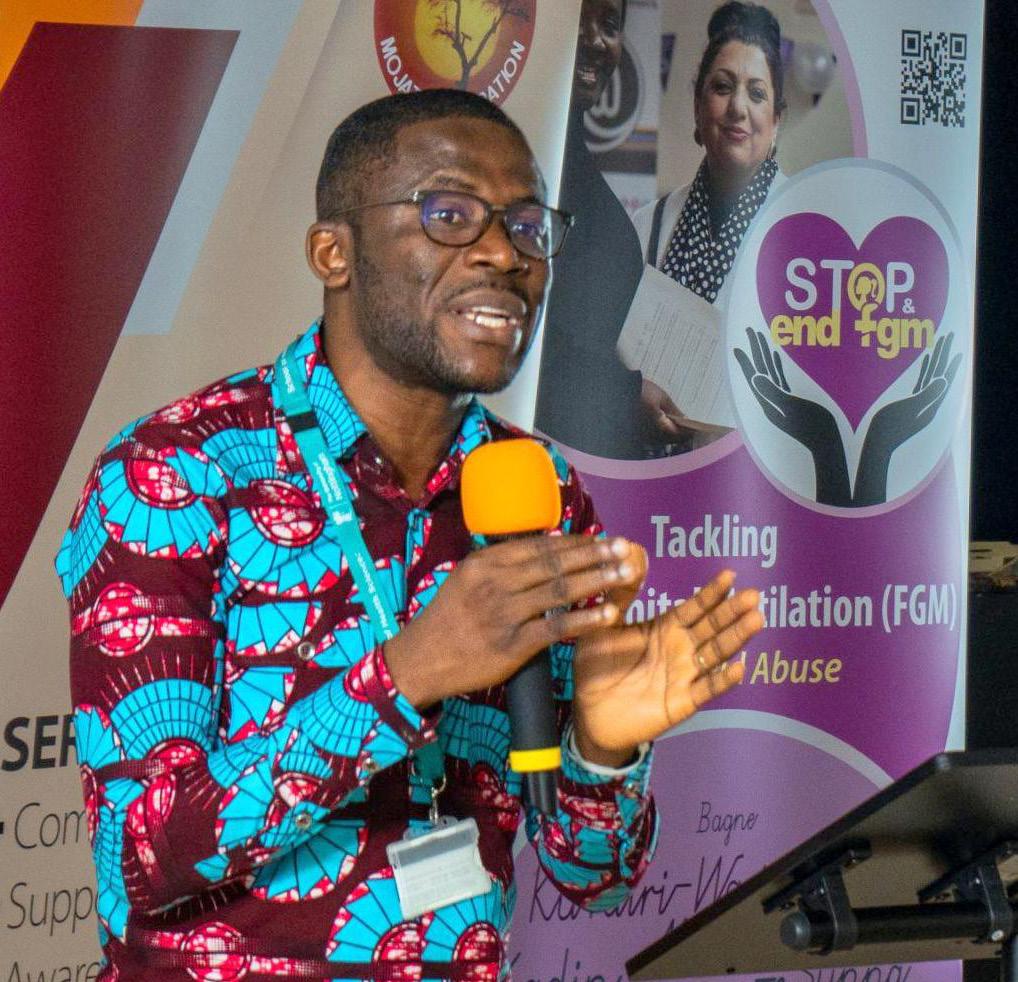
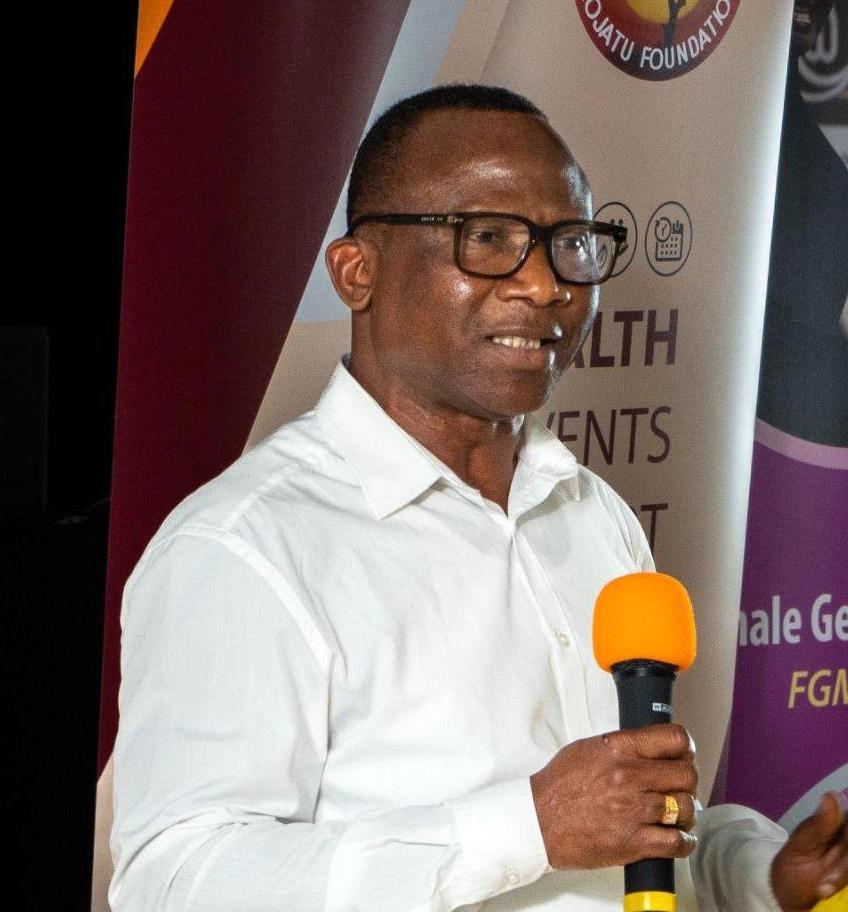
Mark shared insights from his PhD research, which focused on the role of male migrants in the careseeking of FGM/C survivors in the UK. He highlighted the importance of building positive relational connections with partners to achieve holistic well-being among couples. Mark emphasized that addressing FGM requires inclusive approaches that consider the broader societal dynamics surrounding the practice.
JAMES MOMOH
On the other hand, James Momoh while addressing the role of men in ending FGM, emphasized the need for human rights advocacy and holistic care for survivors to address FGM. His presentation underscored the importance of engaging men in challenging harmful gender norms and stereotypes to bring about lasting change. He viewed men as allies and advocates who are able to break down the patriarchal structures that perpetuate FGM, raise awareness, promote gender equality and influence societal attitudes towards FGM.
Insights: The presentations by Mark and James highlighted the significance of involving men in the fight against FGM. Their research and perspectives emphasised the need for inclusive approaches that address the broader societal dynamics and promote positive relationships for holistic well-being and lasting change. Their insights shed light on the potential impact of engaging men as allies and advocates in the efforts to end FGM.
14 SECTION 4: PRESENTATIONS
VI. THE IMPACT OF FGM: A UGANDAN PERSPECTIVEFREDRICK MWAWULE WADULO



Fredrick Mwawule’s presentation provided valuable insights into the cultural beliefs and practices surrounding FGM in Uganda. He addressed the misconceptions surrounding FGM in the country and shed light on how the practice is carried out.
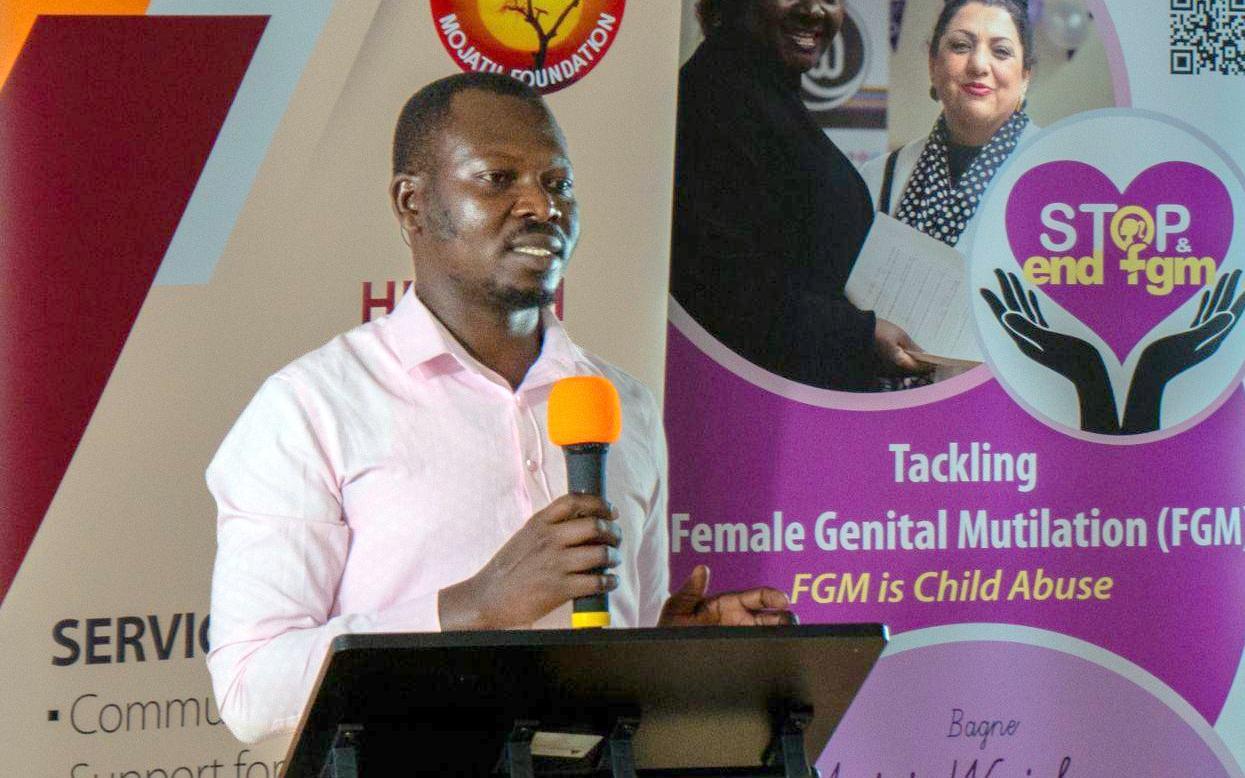
According to Mwawule, FGM in Uganda is performed by individuals from a specific bloodline who are chosen by gods and instructed through dreams to initiate girls. He explained that the consequences of not performing circumcision on initiates include falling ill or even death. He pointed out that the rationale behind the practice is to lower girls’ libido to prevent unwanted pregnancies when men return from long hunting trips. It is also seen as a way to prepare initiates for marriage.
Mwawule described the indicators of circumcision, such as marks on the right hand at the elbow joint, and the traditional treatment of wounds using fresh urine, warm water, and salt. He emphasized the indoctrination of the practice into children and how parents and elders sway young girls to consent to FGM.
However, Mwawule acknowledged that FGM is gradually being phased out in Uganda due to widespread sensitization efforts within practicing communities. He called for further education and sensitization to accelerate the abandonment of FGM.
Insights: Fredrick Mwawule’s presentation shed light on the cultural beliefs and practices surrounding FGM in Uganda. His presentation highlighted the deep-rooted support for the practice within certain communities and the indoctrination of FGM into children. The importance of education and sensitization was emphasized as crucial in challenging misconceptions and promoting the abandonment of FGM. Mwawule’s acknowledgment of the progress made in phasing out FGM in Uganda demonstrates the potential for change through community engagement and awareness-raising efforts.
15 SECTION 4: PRESENTATIONS
VII. MOJATU COMMUNITY WORK- JULIA PAUL, JACINTA IKEH & ABDOULLIE JAH

JULIA PAUL
Julia’s presentation focused on the Mojatu Community Ambassador Programme, which was specifically developed in response to Nottingham being designated as a city of zero tolerance to Female Genital Mutilation (FGM). The primary goal of the program is to create change makers within the community by targeting influential leaders and gatekeepers within practising communities.

Julia highlighted the success of the program, emphasising the impact it has had in raising awareness and driving change. She mentioned that the Mojatu Foundation, which oversees the program, was recognized with a Princess Royal Training Award in 2021 for their ambassadorial work. This recognition serves as a testament to the effectiveness and importance of the Mojatu Community Ambassador Programme in addressing FGM in Nottingham.
By targeting influential leaders and gatekeepers within practicing communities, the program aims to create a network of individuals who can actively work towards eradicating FGM. These ambassadors play a crucial role in spreading awareness, challenging harmful cultural norms, and advocating for the rights and well-being of girls and women.
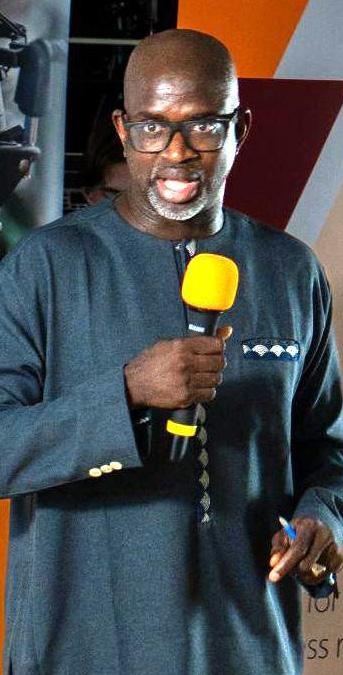
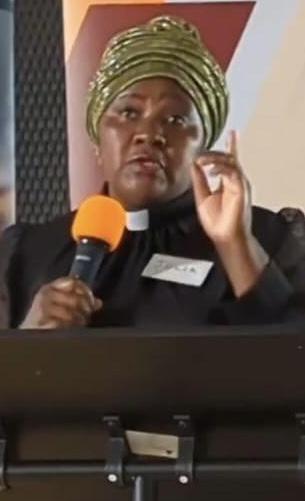

JACINTA IKEH
Jacinta on the other hand focused on the prevalence of FGM in Africa, specifically in Nigeria, and its impact on emotional well-being. Her presentation emphasised the need to address not only the physical consequences but also the psychological well-being of survivors. By highlighting the emotional impact of FGM, Jacinta underscored the importance of comprehensive support for survivors.
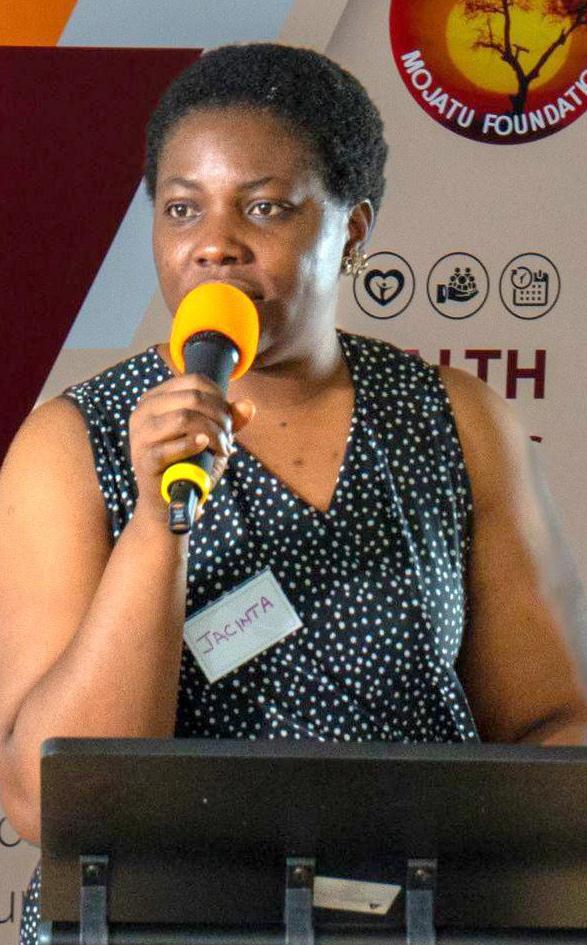
16 SECTION 4: PRESENTATIONS
Julia, Jacinta, and Abdoulie delivered presentations that highlighted the importance of community involvement in eradicating FGM.
ABDOULLIE JAH
Abdoulie Jah shared his experiences in spreading awareness to end FGM in the Gambia and in collaboration with Mojatu Foundation. He emphasized the importance of collaborative efforts in this fight, highlighting the need for individuals, organizations, and communities to work together towards ending FGM.
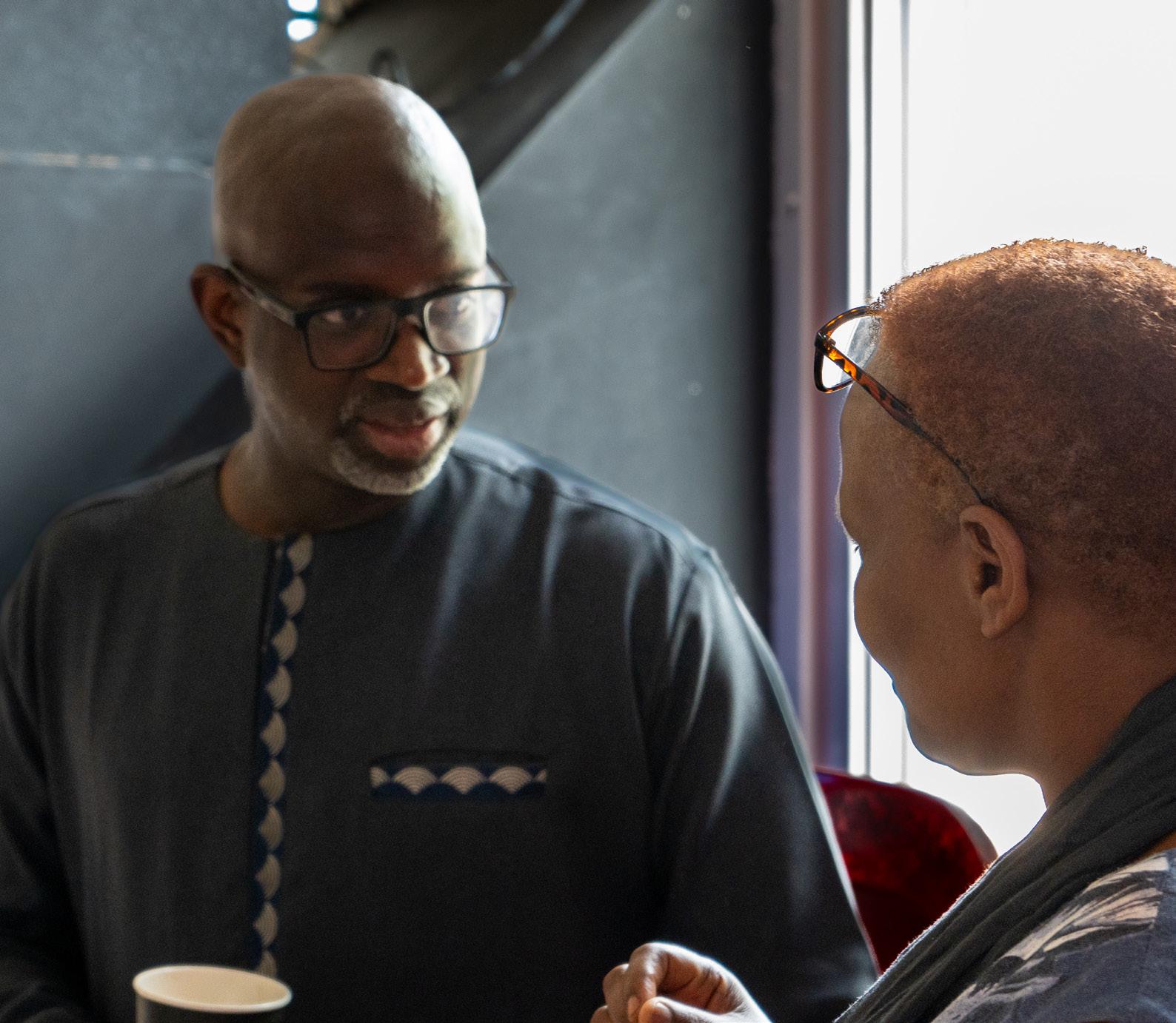


Insights: Collectively, these presentations showcased the significance of community involvement in the fight against FGM. The Mojatu Community Ambassador Programme demonstrated the effectiveness of targeting influential leaders and gatekeepers to bring about change within practising communities. The recognition received by Mojatu Foundation further highlighted the success of their ambassadorial work. Jacinta’s discussion on the emotional impact of FGM emphasized the need for comprehensive support for survivors. Abdoulie Jah’s experiences in the Gambia underscored the power of collaboration in spreading awareness and working towards ending FGM.
Overall, these presentations collectively underscored the power of community engagement and collaboration in the fight against FGM. They showcased the importance of addressing both the physical and psychological well-being of survivors and highlighted the success of community-based initiatives in bringing about change.

17 SECTION 4: PRESENTATIONS
After the presentations, delegates had the opportunity to participate in table discussions led by various facilitators. These discussions focused on different themes related to FGM, including training, education, and research; the medicalization of FGM; supporting survivors and raising their profiles; the role of men in ending FGM; communication with females about FGM; creating awareness within communities; and addressing survivors’ needs and implementation gaps.
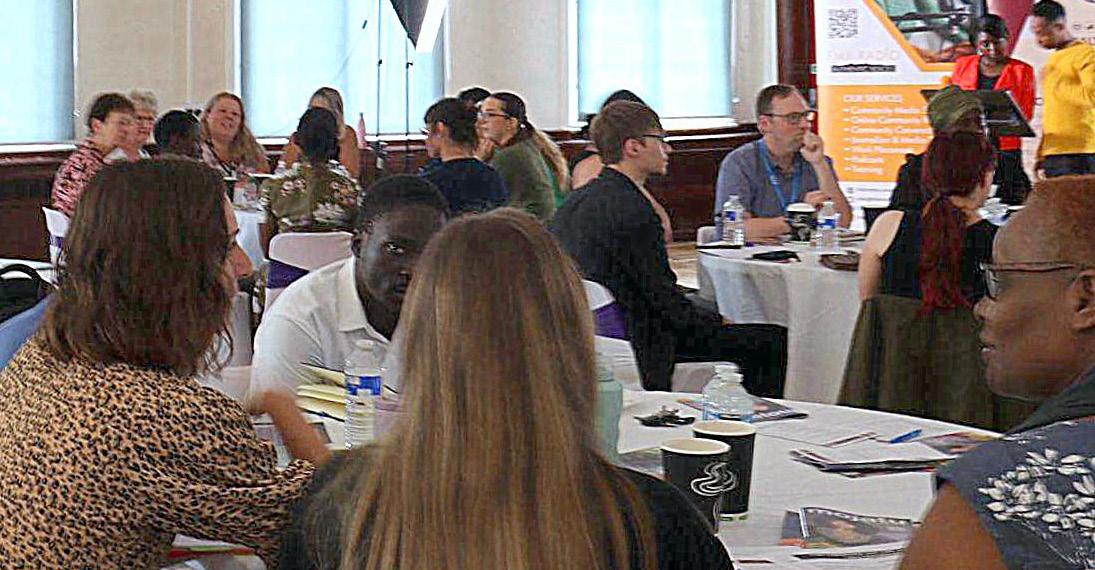
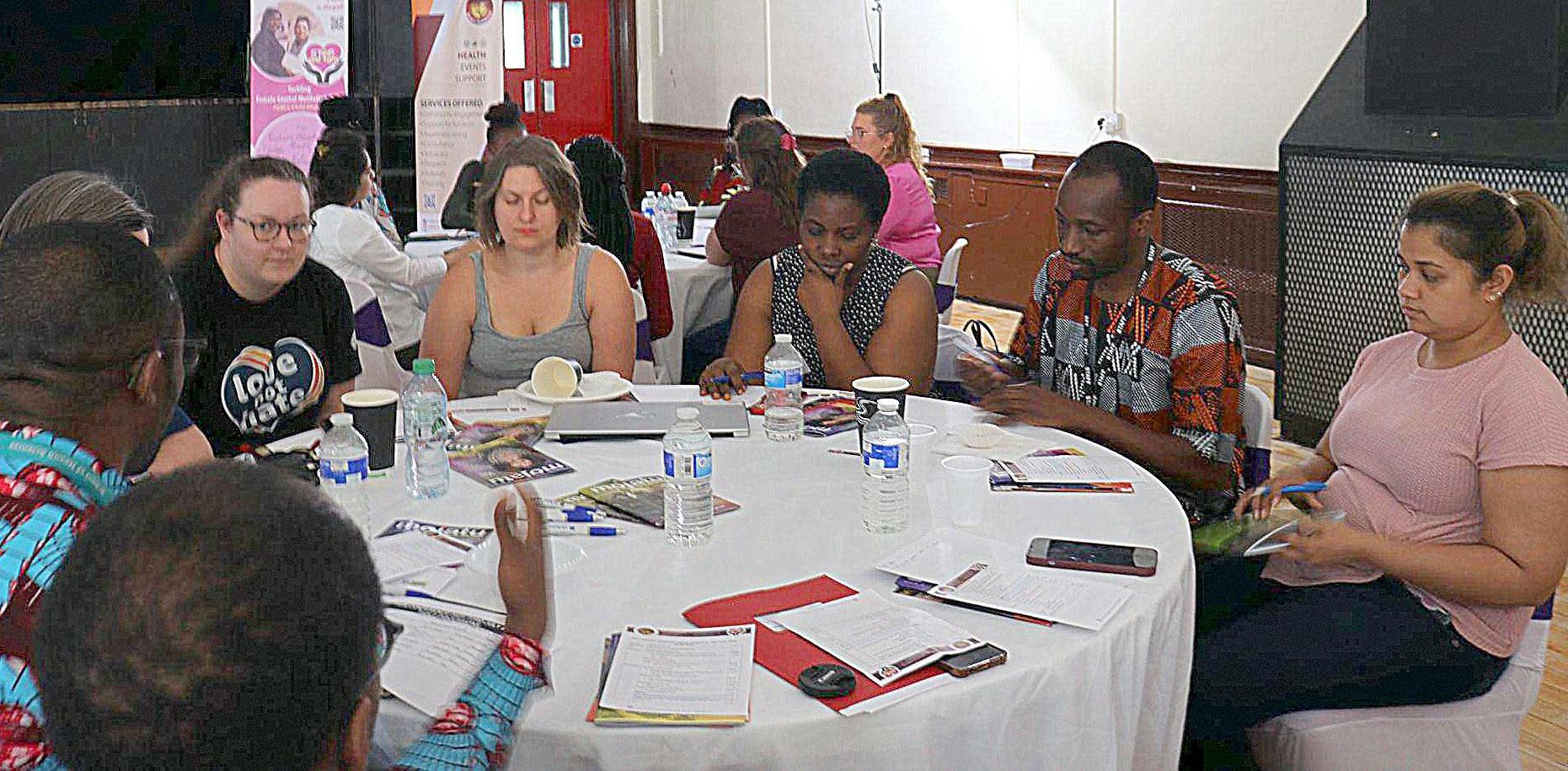


The participants actively engaged in these table discussions, sharing their experiences, challenges, and innovative solutions. These interactive sessions provided a platform for meaningful exchanges of ideas and the identification of common themes and priorities in addressing FGM.

18
SECTION 5: TABLE DISCUSSIONS
The feedback obtained from the participants in these discussions was extremely valuable. It offered important insights that can guide future interventions and strategies. The key findings from the discussions include the following: the necessity for increased sensitization and education of FGM practicing communities at the grassroots level, the importance of clarifying available referral pathways, the need for sensitization and involvement of medical practitioners in FGM prevention strategies to address medicalization, the continuous engagement of men in supporting women and girls and challenging power dynamics and social and gender norms associated with FGM, and the requirement for enhanced collaboration among stakeholders to effectively combat FGM.
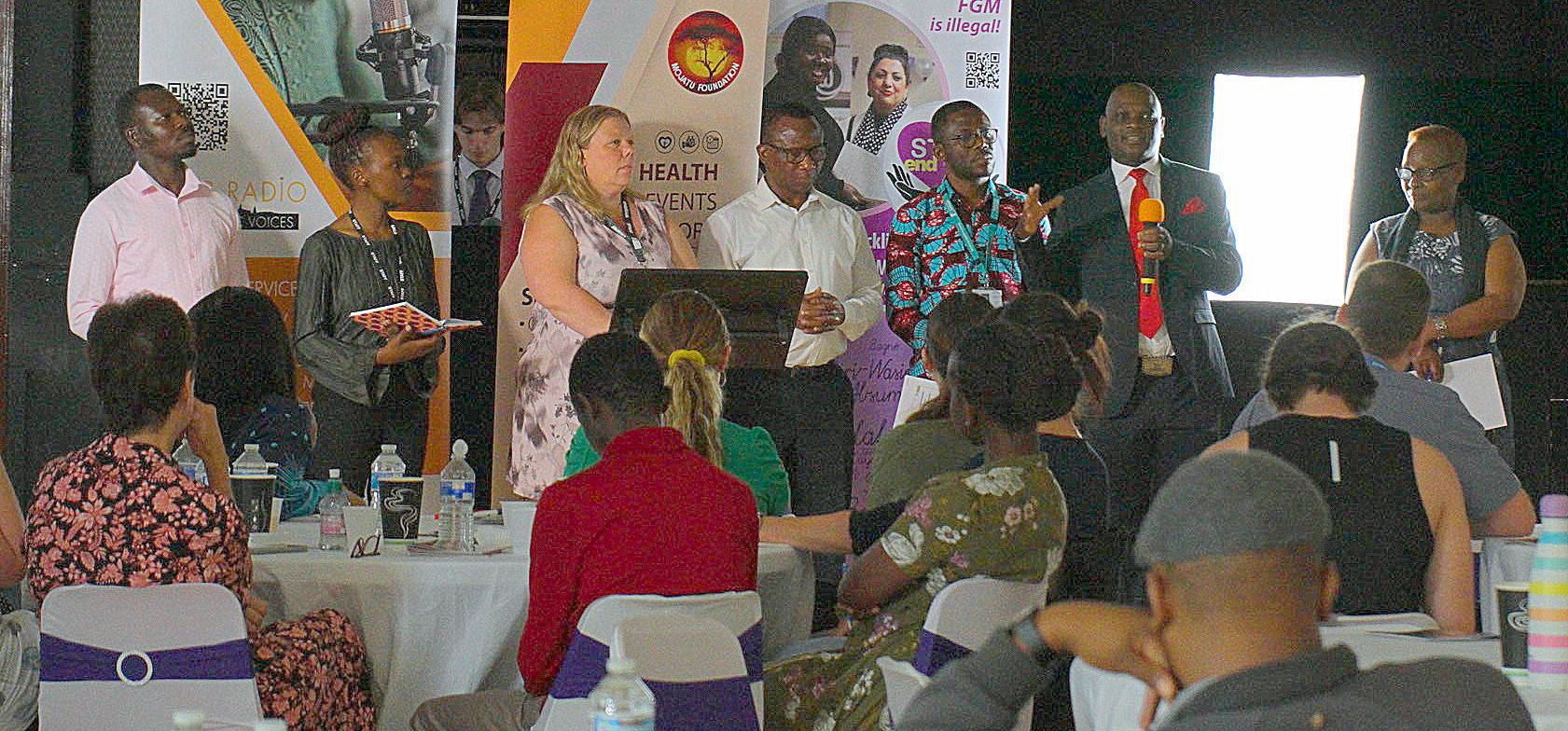
By gathering input from a diverse range of perspectives, the conference fostered collaboration and knowledge sharing among the attendees, ultimately contributing to a more comprehensive and informed approach to combating FGM.
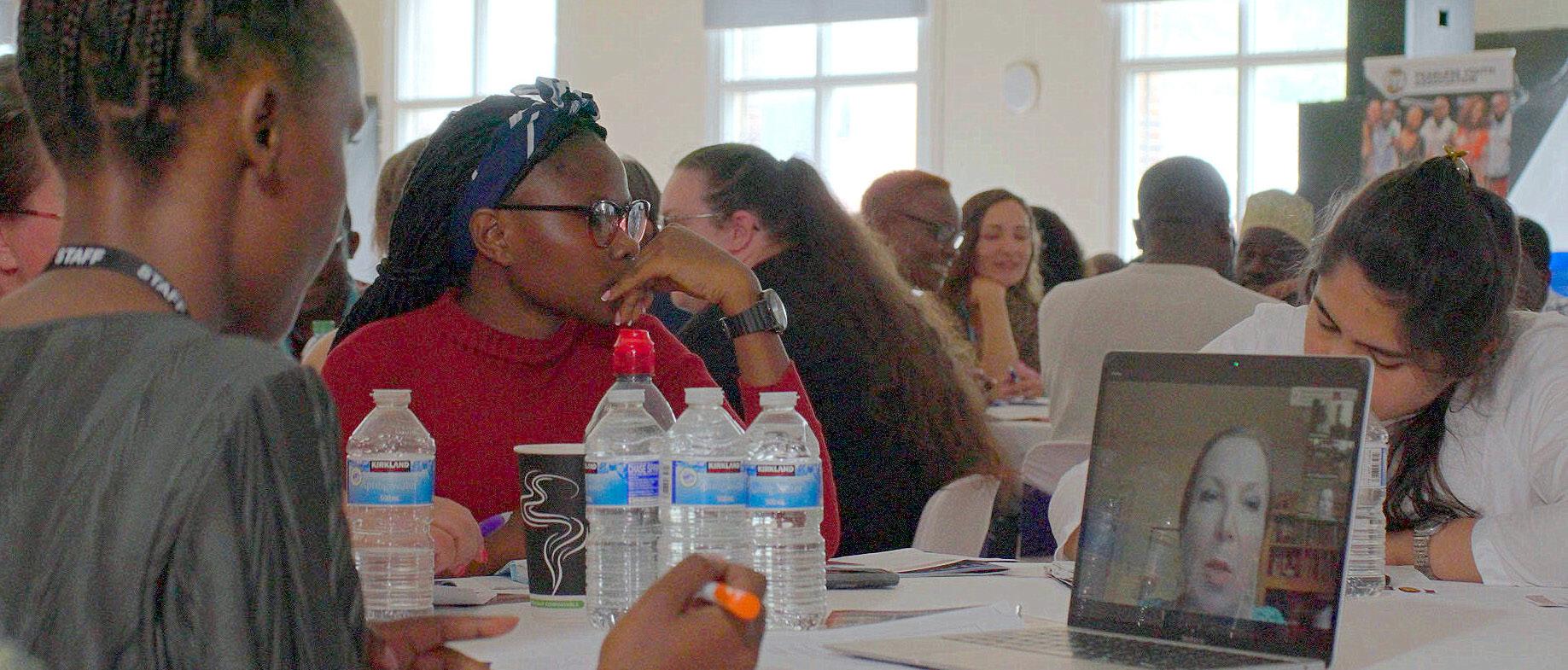



SECTION 1: ACKNOWLEDGEMENTS 19 SECTION 5: TABLE DISCUSSIONS
SECTION 6: FEEDBACK FROM TABLE DISCUSSIONS
SECTION 7: PANEL Q & A
Following the table discussions, a panel discussion took place featuring Joy Cotton, Cecily Mwaniki, Fredrick Mwawule, James Momoh, Mahnaz M. Harrison, and Mark Dwira. During this session, the panellists addressed questions from the delegates that had arisen from the table discussions, providing additional insights and recommendations. There were notable questions raised regarding the meaning of “the cutting season” and how to address religious justifications and clan power structures within FGM practicing communities.
In response to the first question, James Momoh explained that in certain African contexts, the cutting season is associated with harvest times or periods of abundance. However, the specific communities that link the cutting season to harvest time can vary due to the diversity of FGM practices among different ethnic groups and regions. He also mentioned that the connection between the cutting season and harvest time is influenced by factors such as resource availability and the presence of all family members. In the UK context, he added that the cutting season refers to holiday seasons.
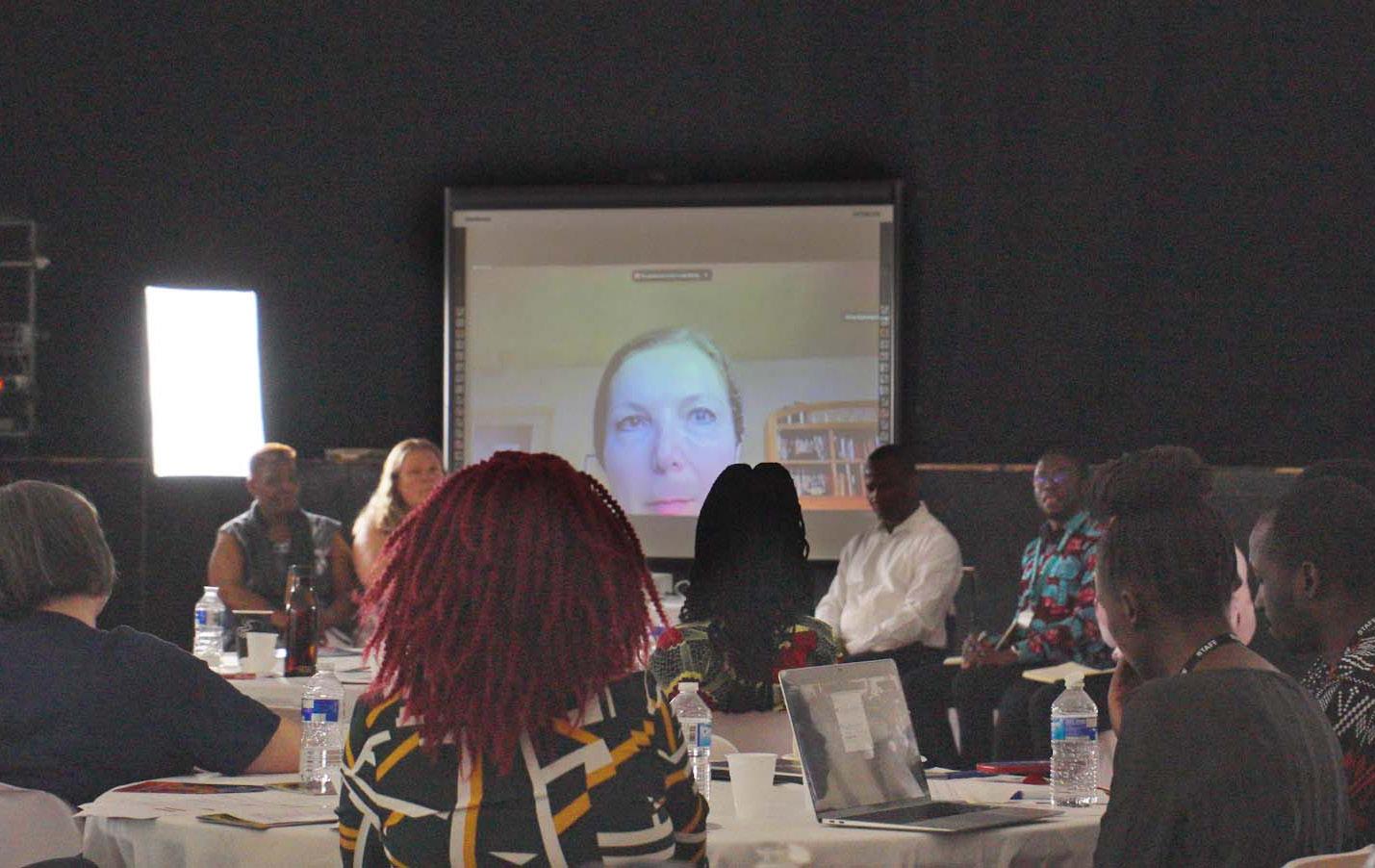


Regarding the question about addressing religious justifications and clan power structures within FGM practicing communities, Cecily Mwaniki emphasized the need for a sensitive and informed approach. She highlighted the importance of engaging with community and religious leaders, providing accurate information about the health risks and human rights implications of FGM, and supporting communityled initiatives as crucial steps in addressing these beliefs. The discussion about the term “mutilation” arose from this question, as some delegates expressed concerns about its potential offensiveness and non-receptiveness by communities. The panelists acknowledged these concerns and mentioned that alternative terms like “cutting” have been used as an entry point in community engagement.Overall, the panelists agreed on the importance of a sensitive and informed approach when addressing religious justifications and clan power structures within FGM practicing communities. The discussion about the term “mutilation” highlighted the need for flexibility in language choices during community engagements.Overall, the panel discussion served as a platform for further engagement and knowledge sharing, allowing participants to gain a more nuanced understanding of the complexities

20
The conference on “Accelerating Investment and Abandonment towards Ending FGM” provided a valuable platform for informative presentations, engaging discussions, and meaningful engagement. Throughout the event, speakers shed light on various aspects of FGM, covering awareness, prevalence, reconstruction surgeries, global perspectives, the role of men, and community involvement. The importance of collaboration, training, and sensitization in effectively addressing FGM was consistently emphasized.



During the concluding session, delegates reflected on the main takeaways from the conference and issued a call to action. They acknowledged the progress made in combating FGM but stressed the importance of sustained investment, collaboration, and innovation. The delegates emphasized the significance of community engagement through culturally sensitive and inclusive approaches, as well as the involvement of men in the fight against FGM. They also highlighted the importance of survivor-centered approaches in any effective strategy to end FGM. Esther, the Chair of Trustees for the Utulivu Women Group, led an interactive activity that further enhanced audience engagement and commitment to the cause. Delegates were encouraged to brainstorm action plans to address FGM after the conference, fostering a sense of empowerment and collective responsibility.
In summary, the conference on “Accelerating Investment and Abandonment towards Ending FGM” served as a catalyst for knowledge sharing, collaboration, and strategizing. It underscored the multifaceted nature of ending FGM, requiring the involvement of various stakeholders, communities, and individuals. The conference left a lasting impact on the fight against FGM, enthusing a renewed commitment to accelerate investment and abandonment towards ending this harmful practice.
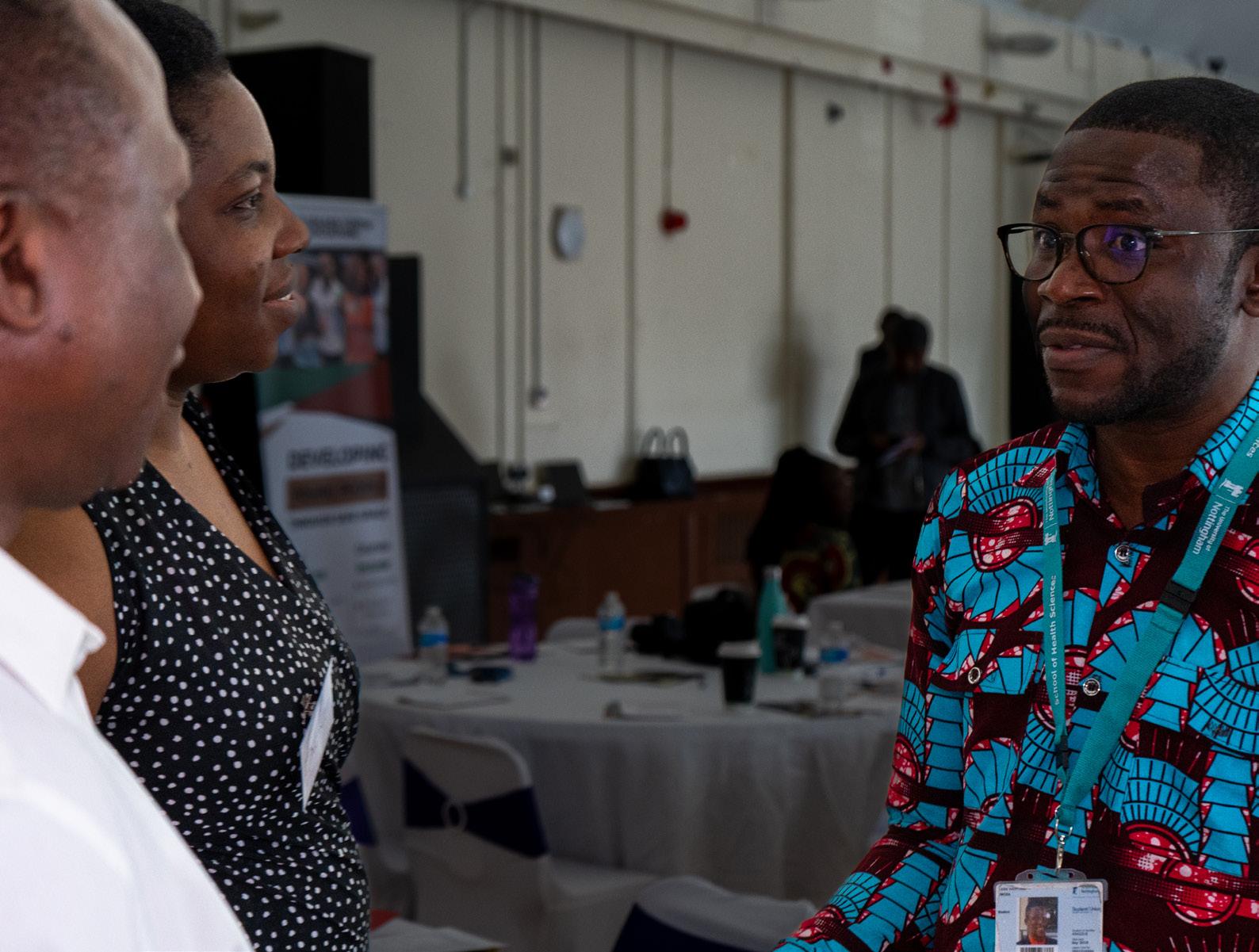
21
SECTION 8: CONCLUSION AND WAY FORWARD
SECTION 9: REFERENCES
Joint Statement by UNFPA Executive Director Dr. Natalia Kanem and UNICEF Executive Director Catherine Russell on the International Day of Zero Tolerance for Female Genital Mutilation, ‘World Will Miss Target of Ending FGM by 2030 without Urgent Action – Including from Men and Boys’ shorturl. at/uyHV5
Kimani S, Barrett H and Muteshi-Strachan J, ‘Medicalisation of Female Genital Mutilation Is a Dangerous Development’ (2023) 380 BMJ:P302 shorturl.at/qrzD9
NHS Digital, ‘Female Genital Mutilation Report April 2021 to March 2022’ (NHS Digital, August 2022)
Sahiyo, ‘Finding My Voice by Renee Bergstrom | Voices to End Female Genital Mutilation/Cutting’(9 August 2018) youtu.be/UlO-_WRWZoU
Toubia N.F and Sharief E.H,, ‘Female genital mutilation: have we made progress? (2003) 82,3 International Journal of Gynecology & Obstetrics 251
UNICEF, ‘What Is Female Genital Mutilation? Everything You Need to Know about FGM and What UNICEF Is Doing to Stop It’ 2023 shorturl.at/DIUW8
WHO, ‘Global strategy to stop health-care providers from performing female genital mutilation’ (2010) shorturl.at/cdjSZ

World Health Organisation, ‘Female Genital Mutilation’, 31st January 2023, shorturl.at/dnyJU


World Health Organization, ‘Seminar on traditional practices affecting the health of women and children, Khartoum, 10-15 February 1979’. (1979) shorturl.at/myzEQ.
World Health Organization, ‘Eliminating female genital mutilation: an interagency statement - OHCHR, UNAIDS, UNDP, UNECA, UNESCO, UNFPA, UNHCR, UNICEF, UNIFEM, WHO’ (2008) shorturl.at/jFPY9
22



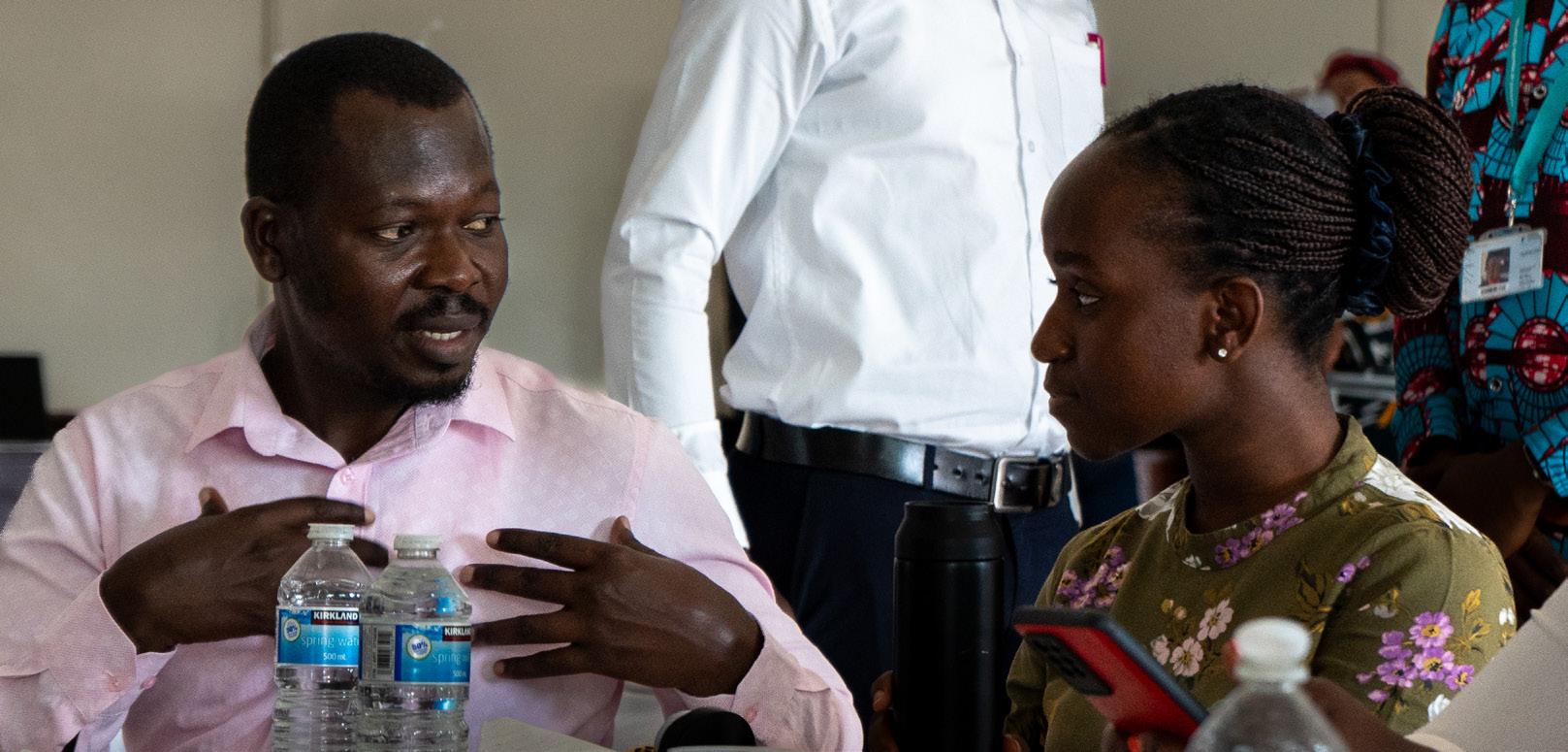
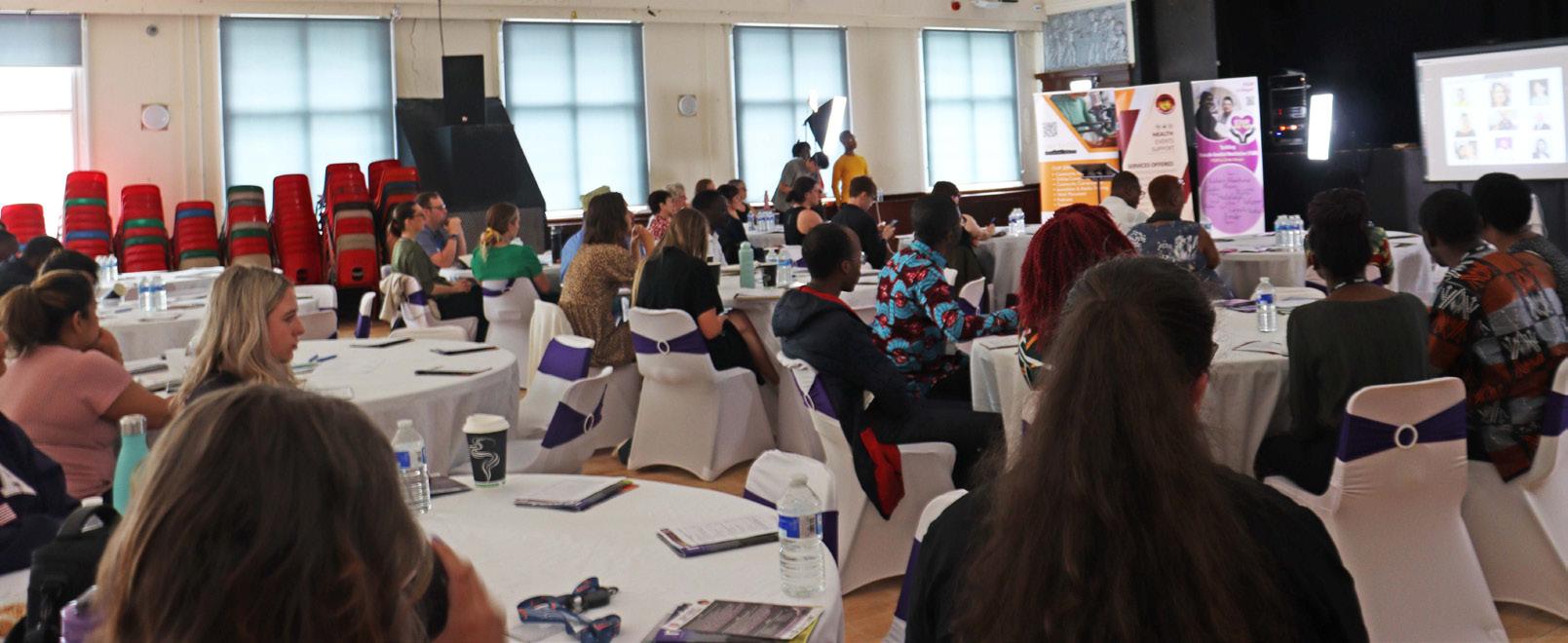
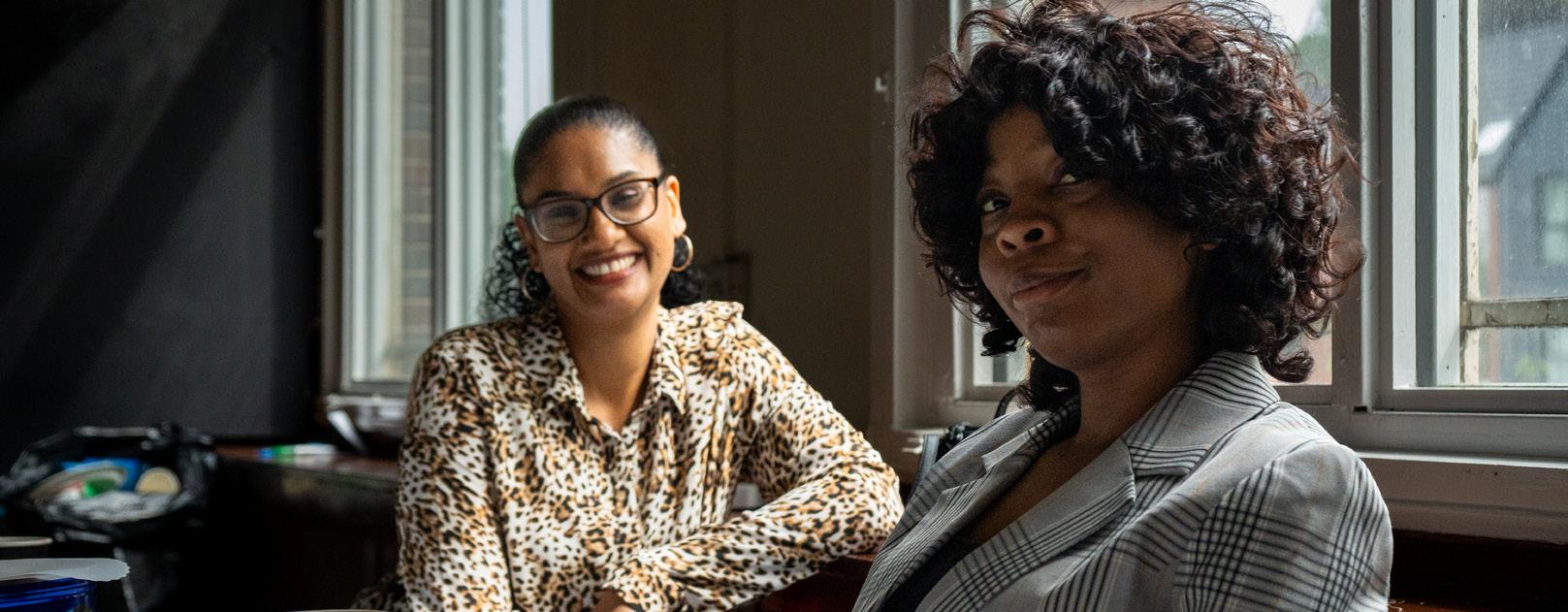
23 CONFERENCE IMAGES


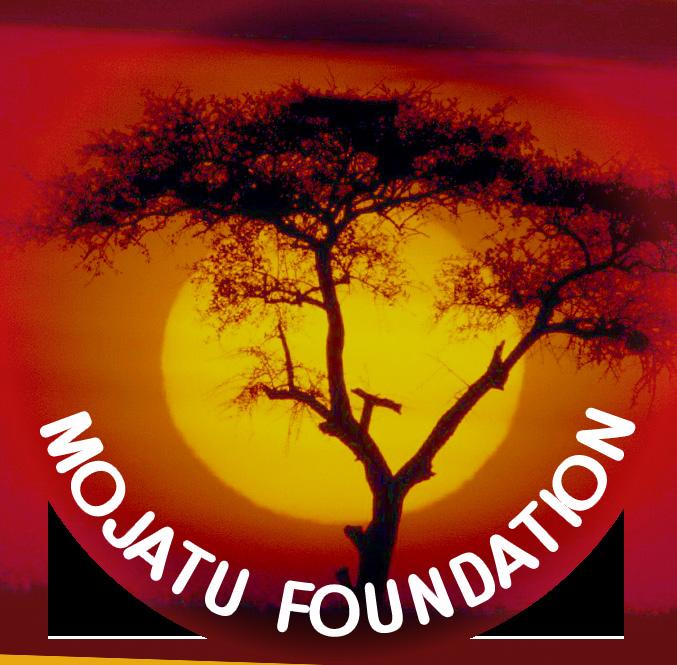
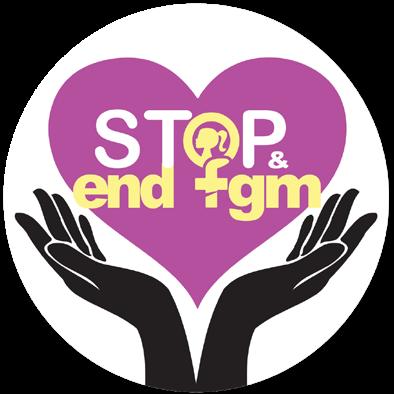
Mojatu.foundation mojatu.foundation MojatuF www.mojatufoundation.org info@mojatufoundation.org 07759927671 | 01157846666 The Howitt Building, Lenton Boulevard, Nottingham, NG7 2BG

















































